VIEWPOINT: Buena should offer Chicano Studies as elective option
Movimiento Estudiantil (Mexican student movemet) protesting for social change and playing a part in the creation of Chicano studies
March 17, 2023
Para acceder a la versión en español SPANISH VERSION
As a Hispanic student with little knowledge and connection to my cultural roots, I have primarily relied on school to learn about my heritage. The previously annual Dia de los Muertos celebration was one that many students, of all backgrounds, remember as an immersive event.
“It was an event I could never forget,” Mexican-American student senior Kendra Ruiz-Becerra said. “It was beautiful to be involved in.”
Getting to create ofrendas for lost loved ones and share them with students was a celebration that cannot be forgotten. With the loss of the celebration at school, I am not able to practice the traditions I used to be able to with my peers. In turn, I have ended up feeling like a piece of my past has gone missing. A feeling that is shared amongst those with similar family roots.
According to the University of Texas at El Paso’s website, Chicano Studies “emphasizes the dynamics of the U.S.-Mexico border and Latino presence throughout the nation… In addition, it provides an opportunity for for students to link that knowledge with other disciplines and professional careers and think critically about issues such as race, ethnicity, class and gender.”
Mexican-American student, junior Anna-Carolina Fonseca, seems to hold a clear and open frustration with the heritage education, or lack thereof, offered at Buena. “I feel like I’m not as cultured as I should be,” Fonseca said. “I think if schools were to have classes to let us know where we are from, we would have more pride in where we come from and who we are.”
To know that students with Hispanic or Latinx heritage feel this way is disheartening and needs to be communicated to those in charge of course creation and cultural celebrations. Teenage years are trying for many, and for a teenager to have a limited amount of knowledge on their roots is certainly no help in the years so critical to forming an identity.
Latin-American junior Kimberly Chavarria shares the common frustration. “We are uneducated and don’t know where we come from,” Chavarria said “We don’t learn anything about our pasts in Spanish class.”
Of course, it is not the responsibility of a language teacher to try and teach Chicano studies in conjunction with teaching a language. The pressure for the two studies to be balanced and provide extensive knowledge is not fair to teachers and should be a separate class.
Mexican-American teacher Crystal Cahuantzi gives an educator’s point of view on the importance of learning about one’s heritage. “In NS2 [Native speakers, level two] I try to teach about the students’ heritage and certain countries,” Cauhantzi said. “It is important that students learn about their heritage because they will have a connection with their past and learn about their ancestors.”
In a study titled, The Costs of Success: Mexican American Identity Performance within Culturally coded classrooms and Educational Achievement by Andres L. Carrillo, he finds large amounts of Hispanic/ Latinx students act differently in educational settings and are not comfortable or proud, expressing their racial identity. This is due to internalized racism and a lack of heritage education.
“Latino students in the public education system suffer psychological, sociological, and economic costs as a result of assimilation and acculturation,” Carrillo wrote. “Within culturally coded classrooms, Latinos must perform identity, a behavioral signal that they are just as worthy of achievement as their white peers.”
By not having an understanding of one’s familial roots, people can put themselves in the stereotype box and feel no need to change or become educated on where they come from.
It is why Chicano studies are so important to our identities and for the education of others to gain deeper understanding; Considering 58% of Buena’s students are of Hispanic descent.
We need to start with the knowledge that Chicano studies were created after the fights and influence of groups of radical and proud Mexican-Americans. The knowledge that a miniscule amount of education on the past lives of prominent Hispanic and Latinx people created such a change and a legacy for the following generations. A legacy that we are currently only able to continue through college courses and not through earlier levels of Chicano studies courses.
“Education, then, beyond all other devices of human origin, is the great equalizer of the conditions of men—the balance-wheel of the social machinery.” Horace Mann, 1848.


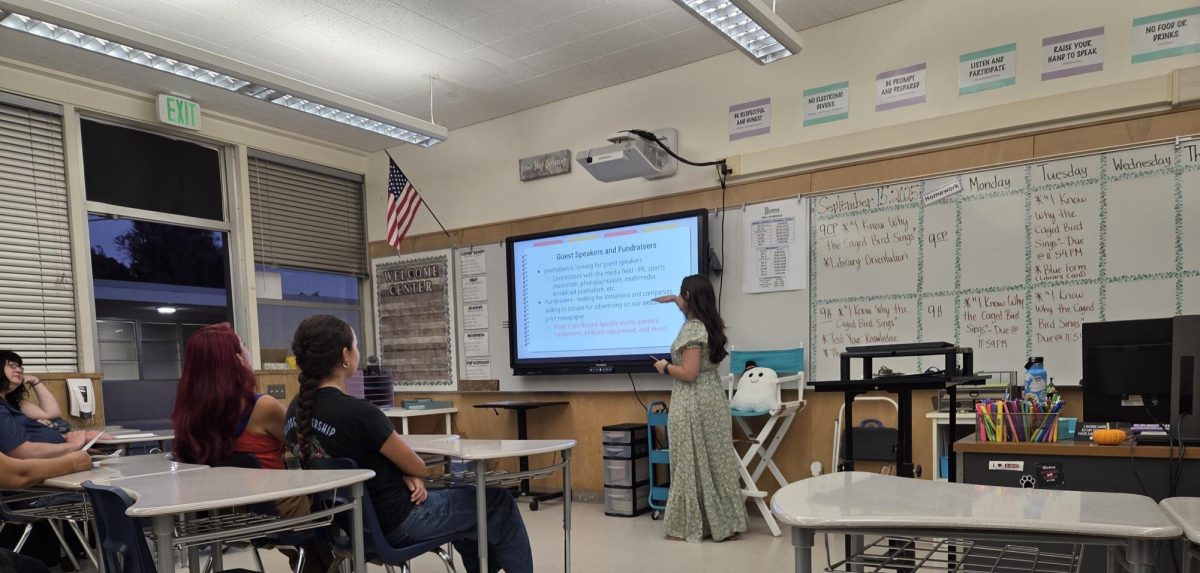
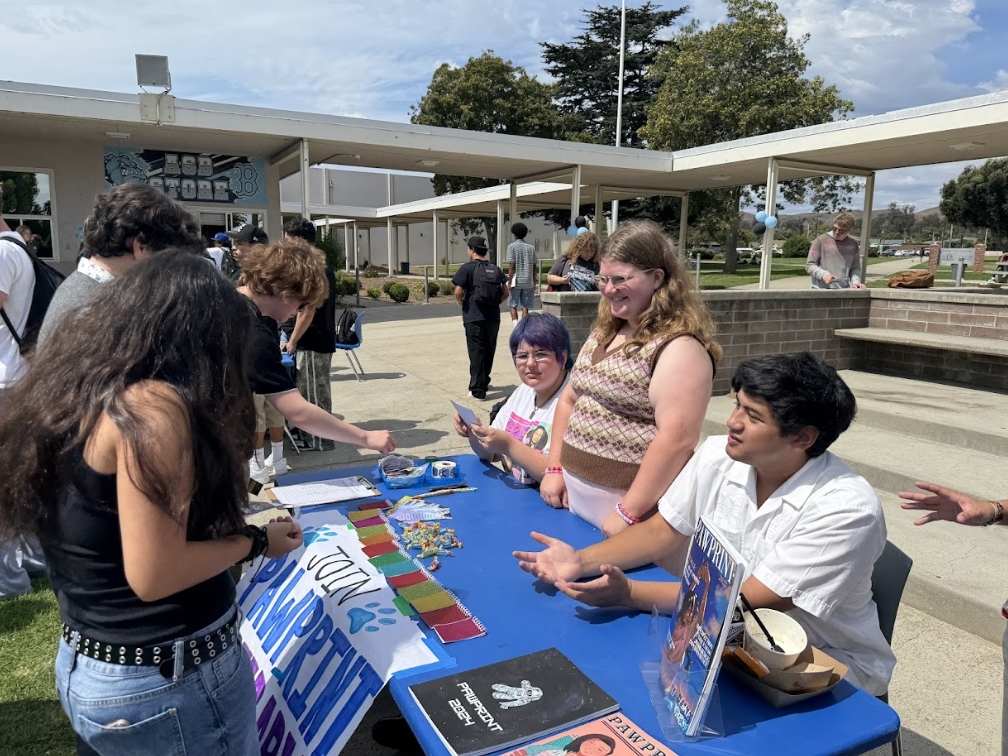
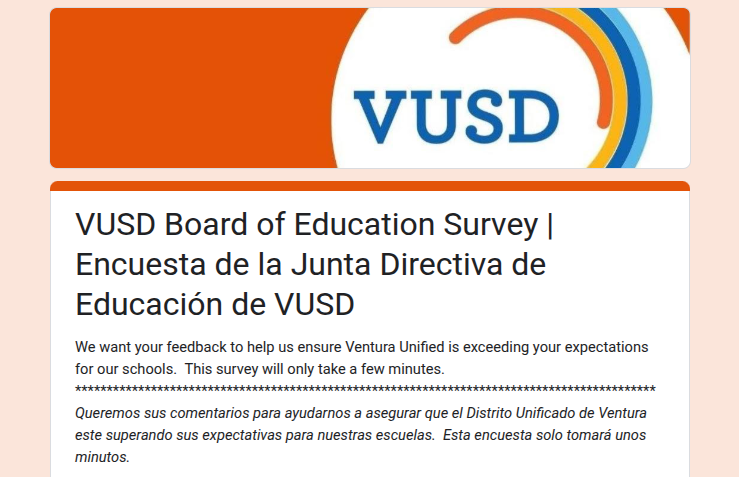
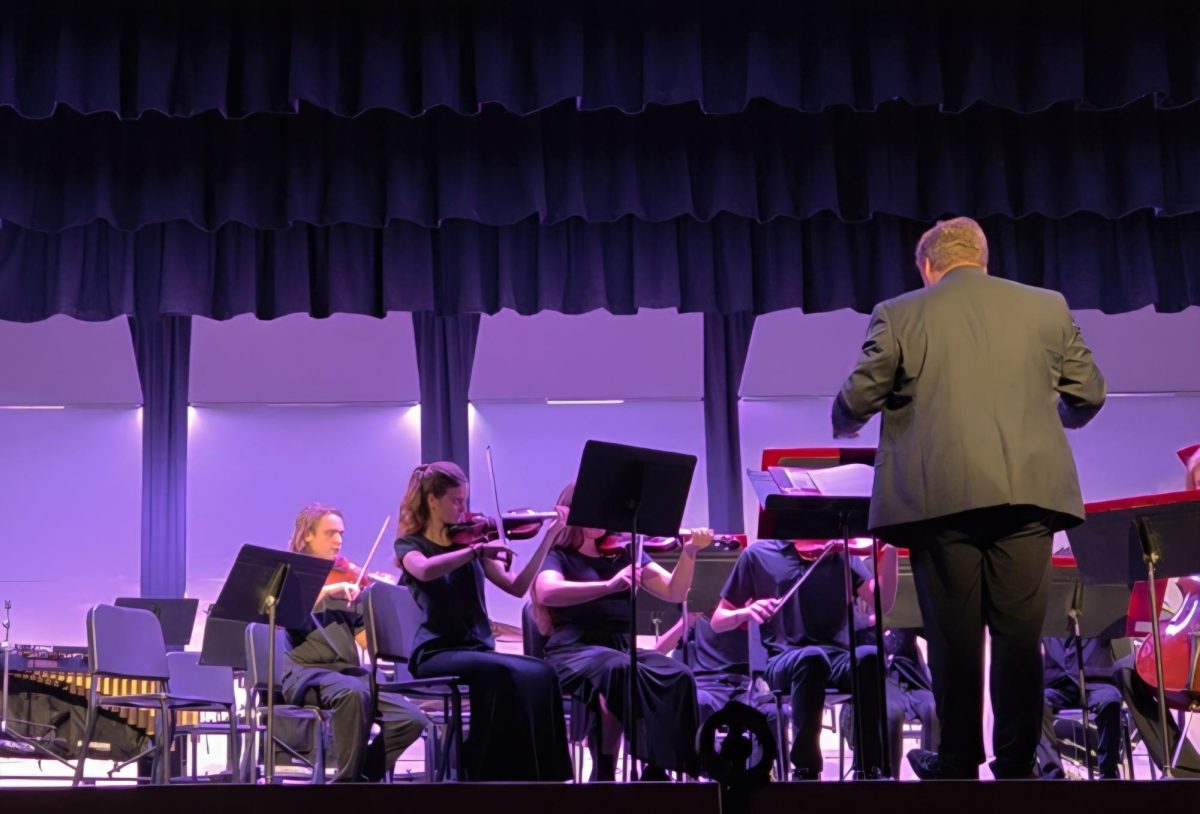
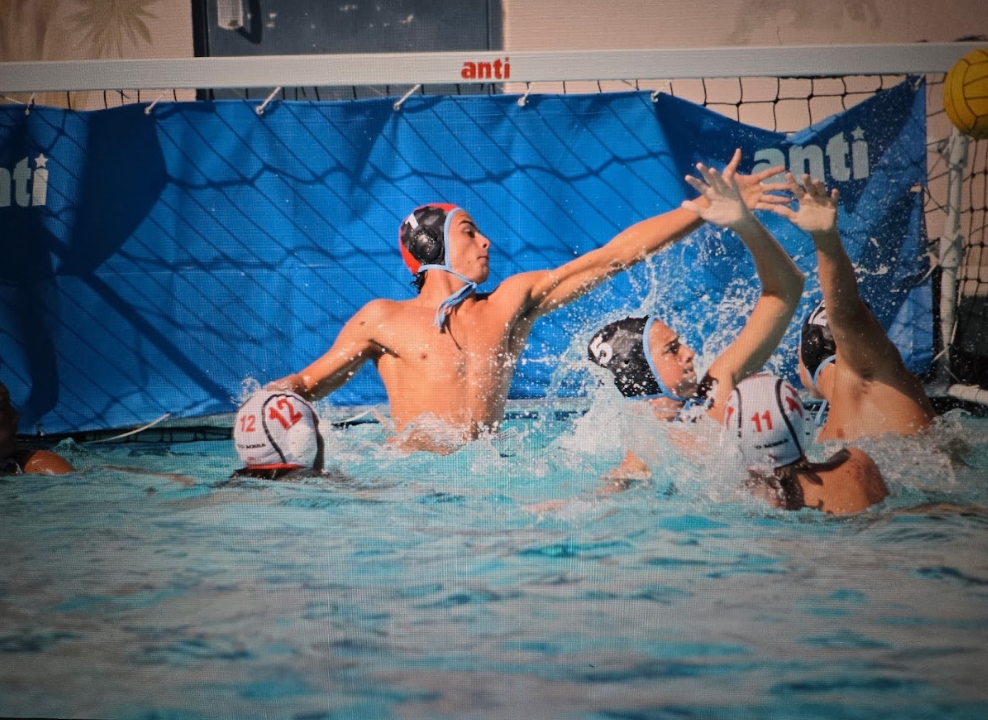
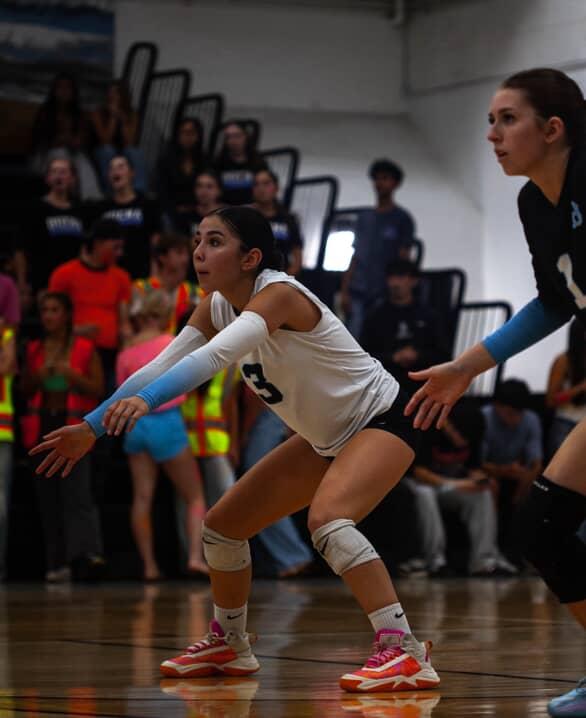
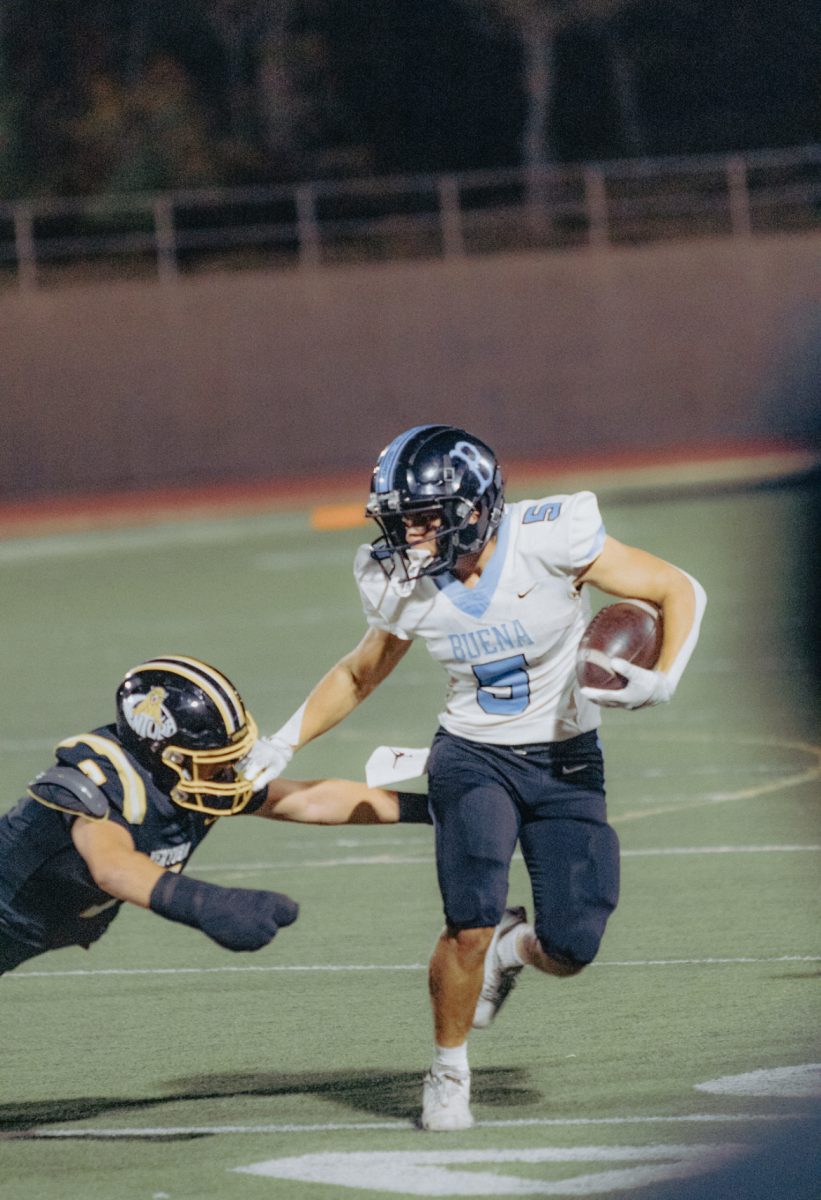
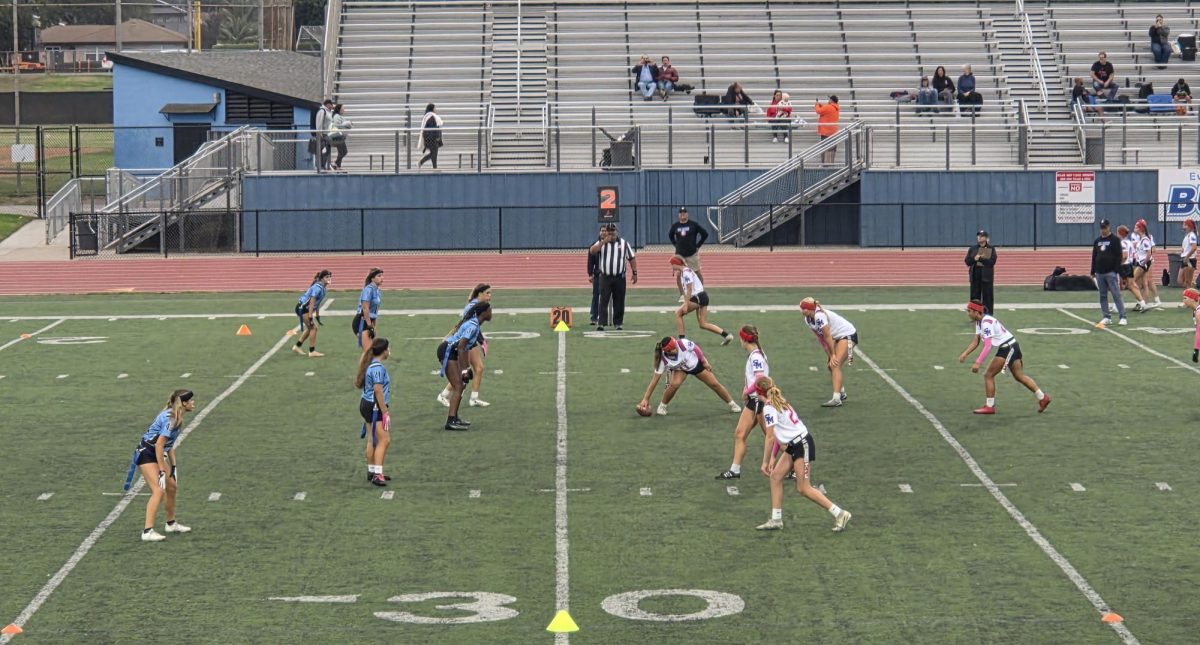
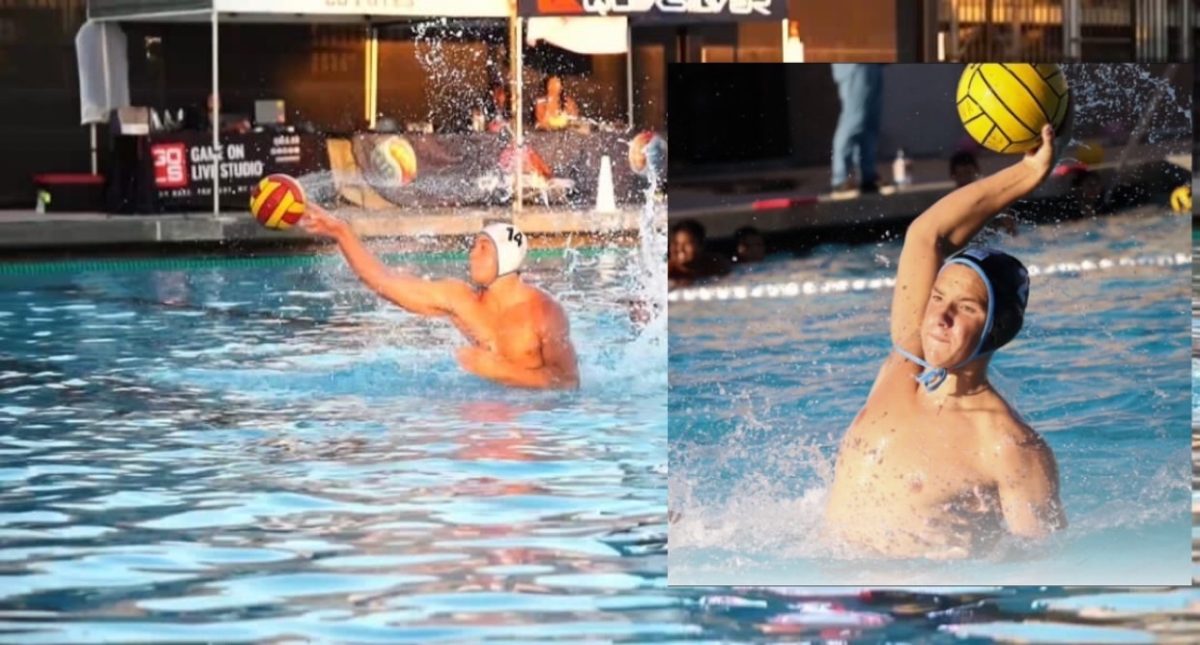
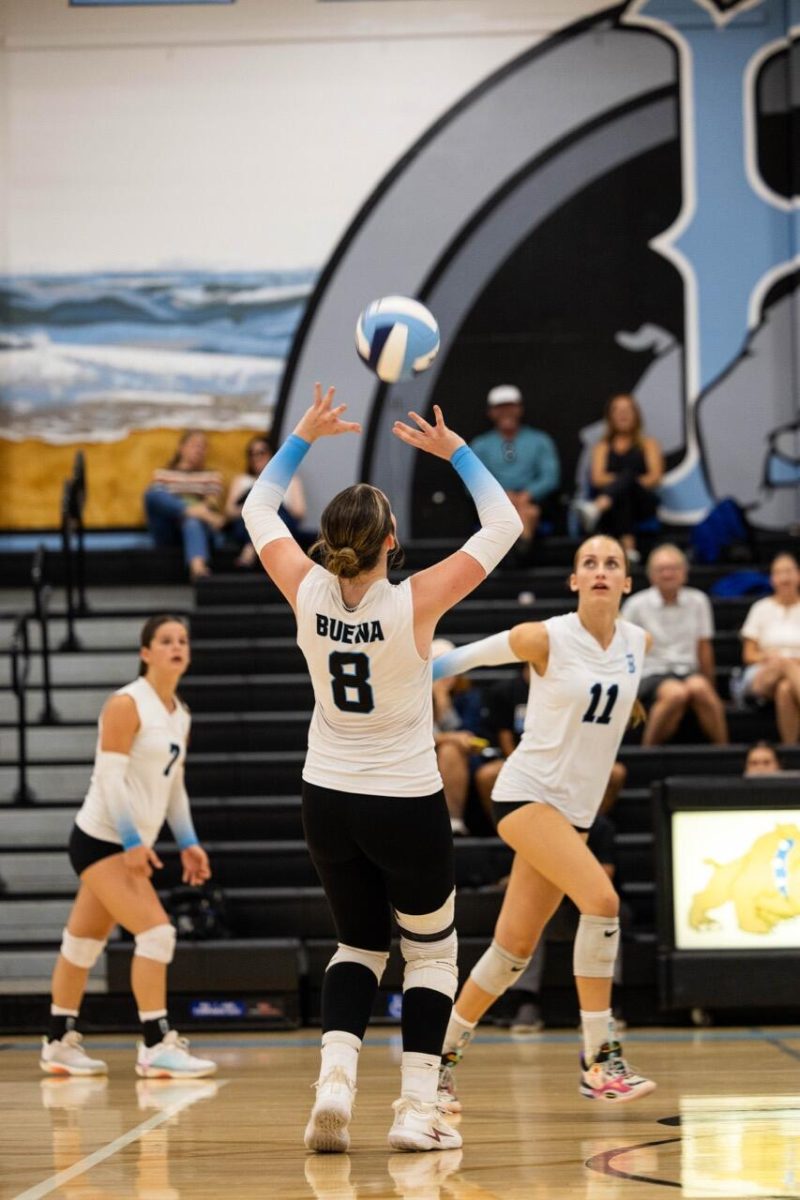


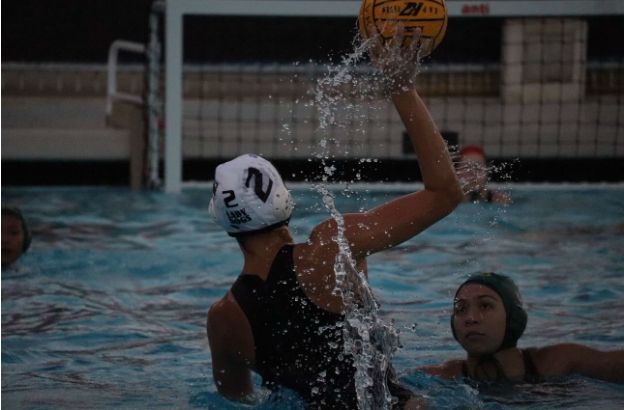
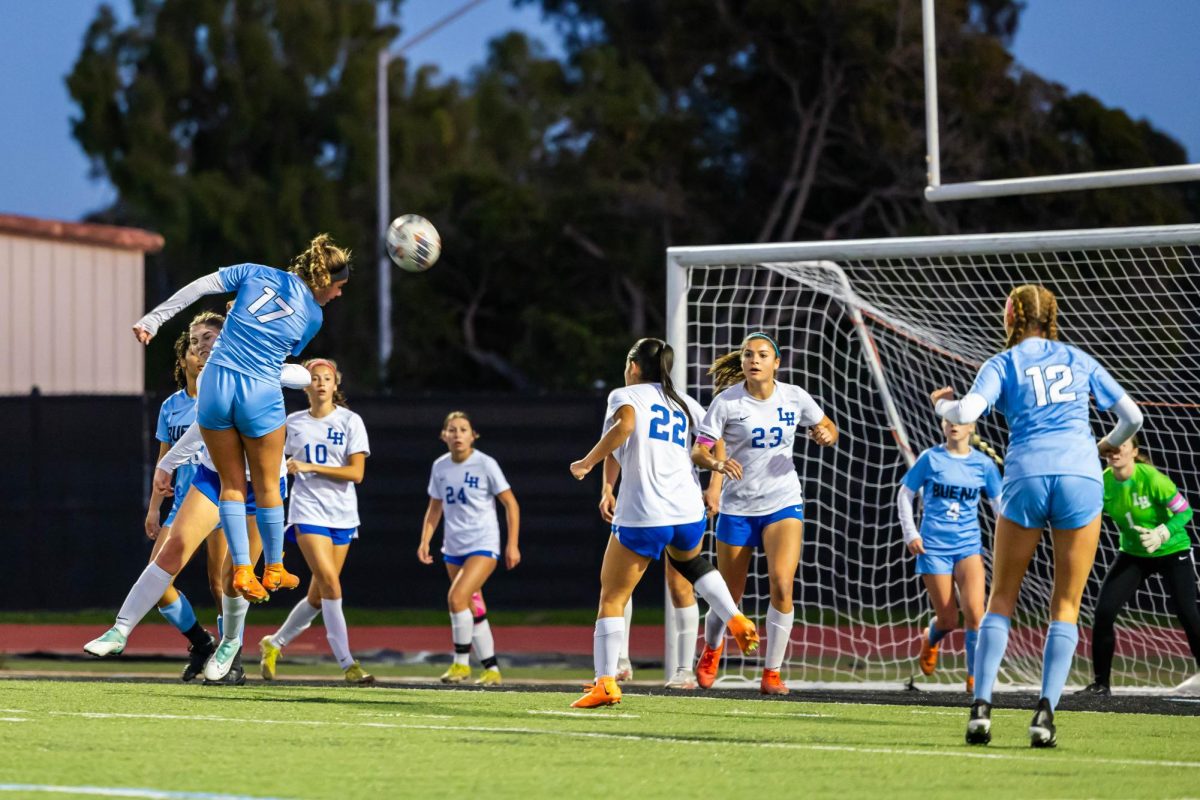
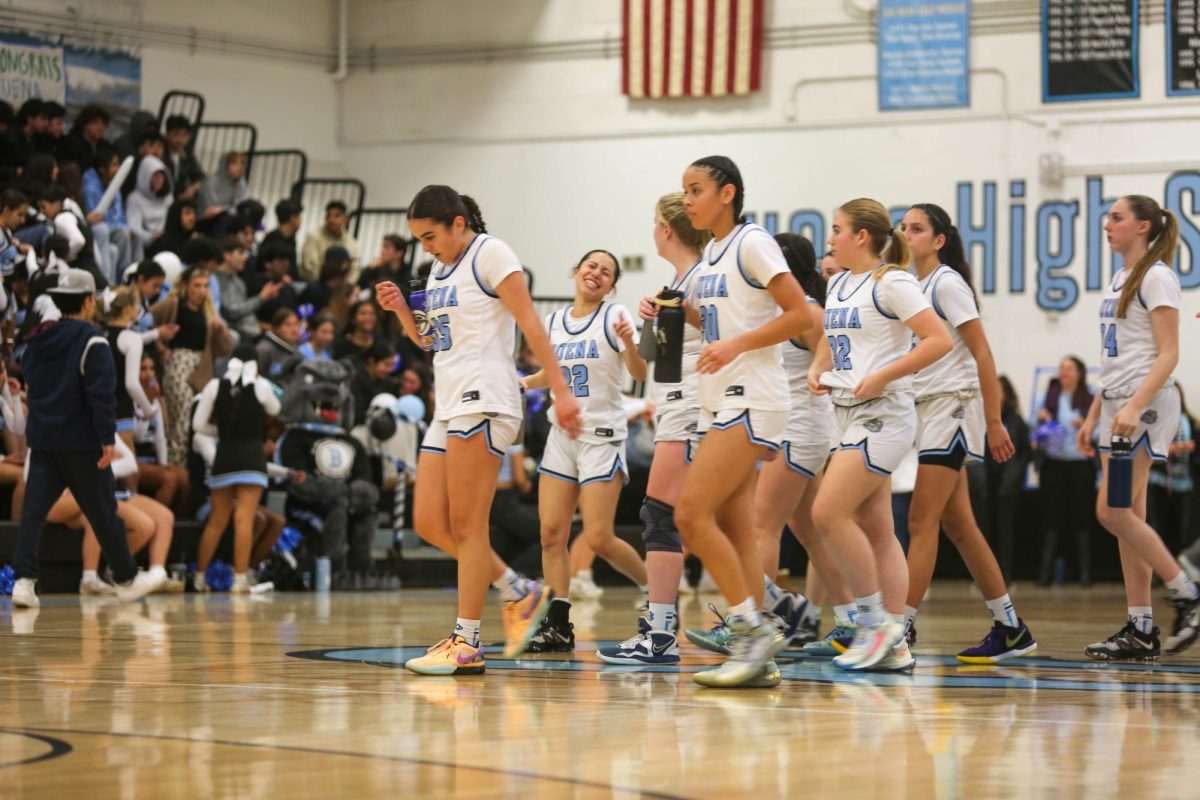
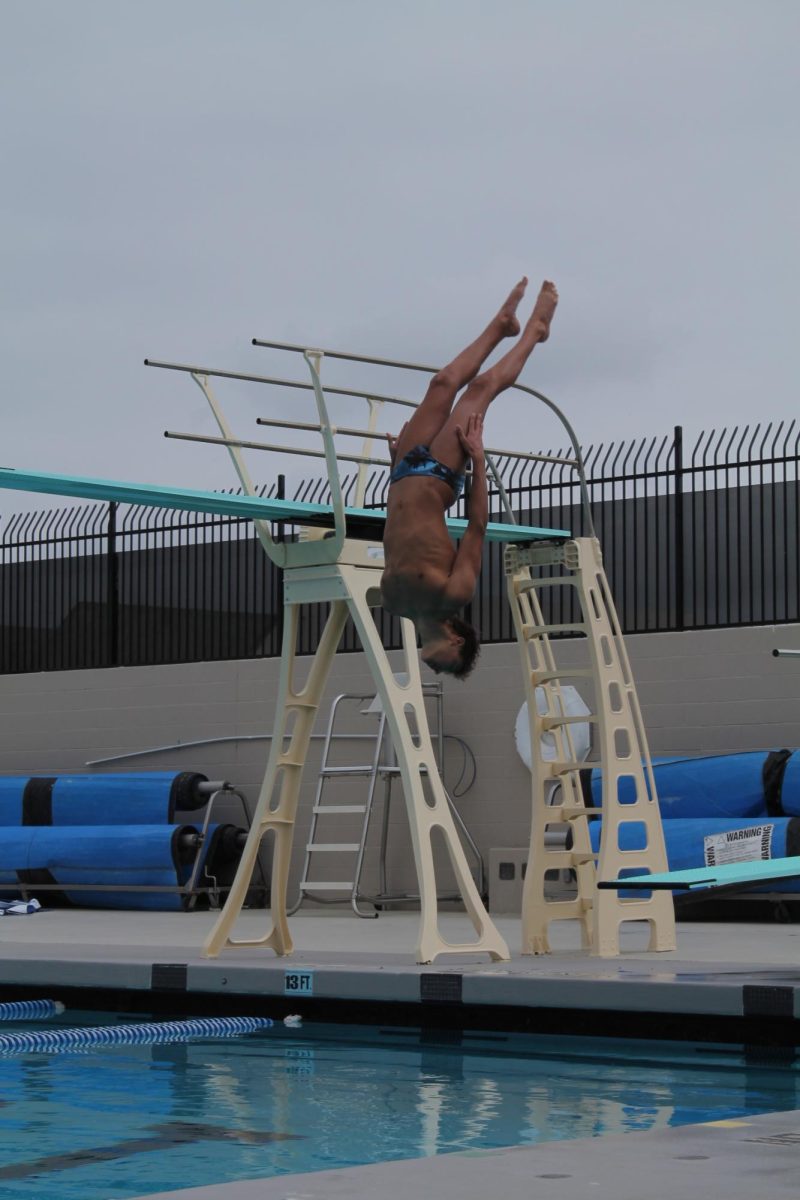
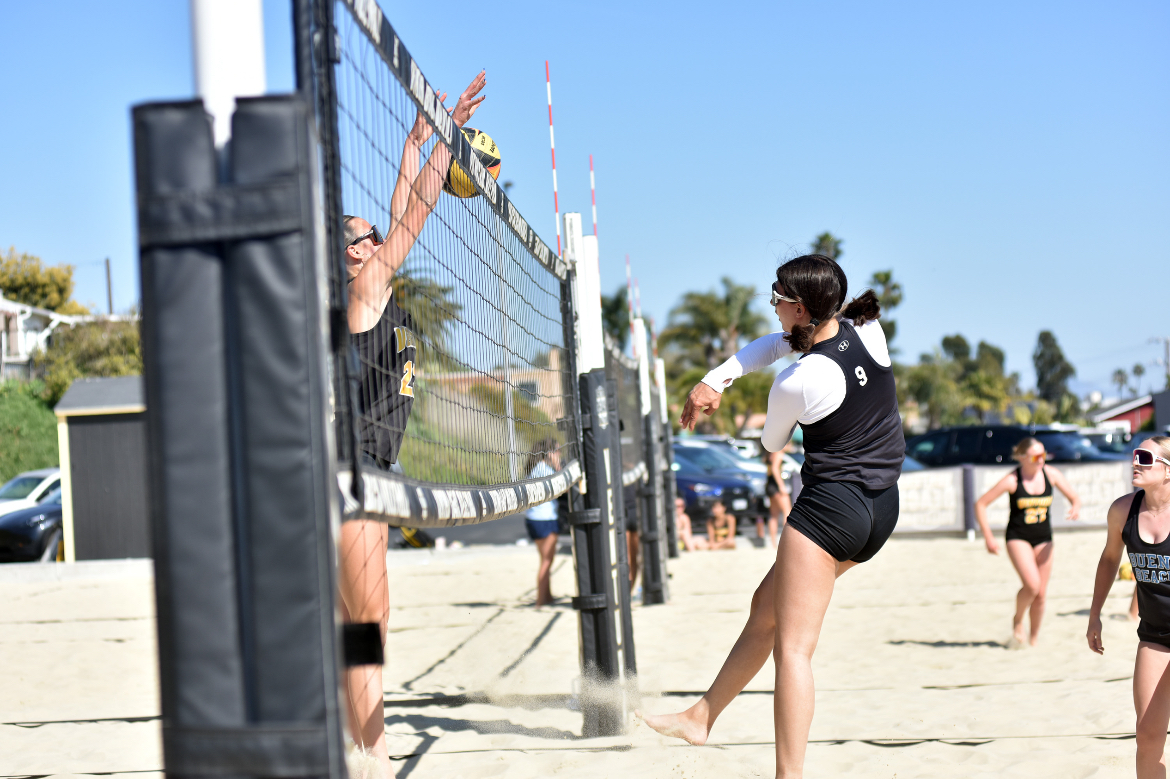
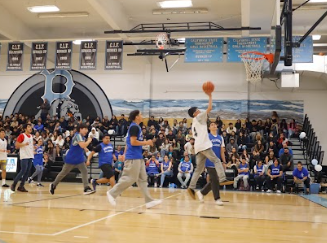
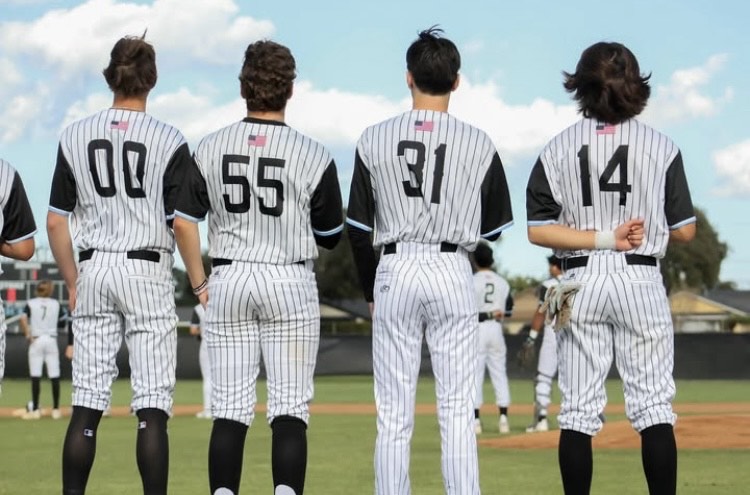
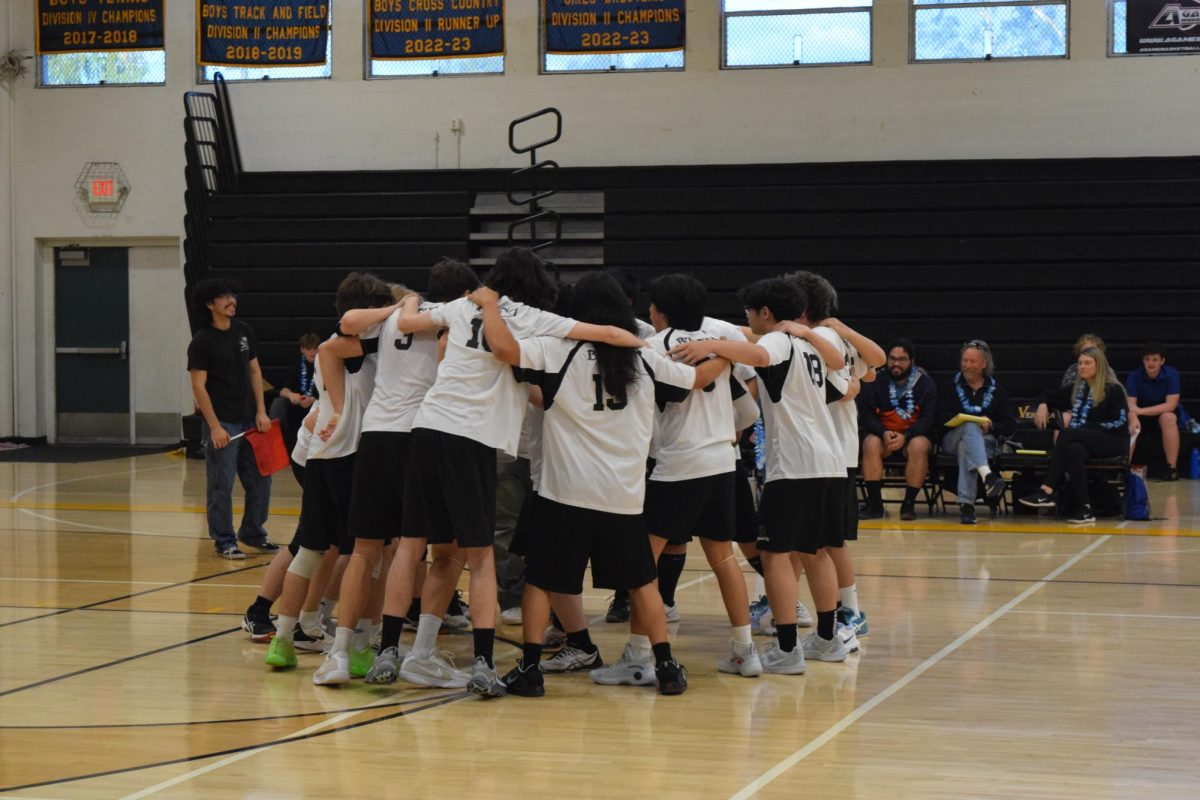
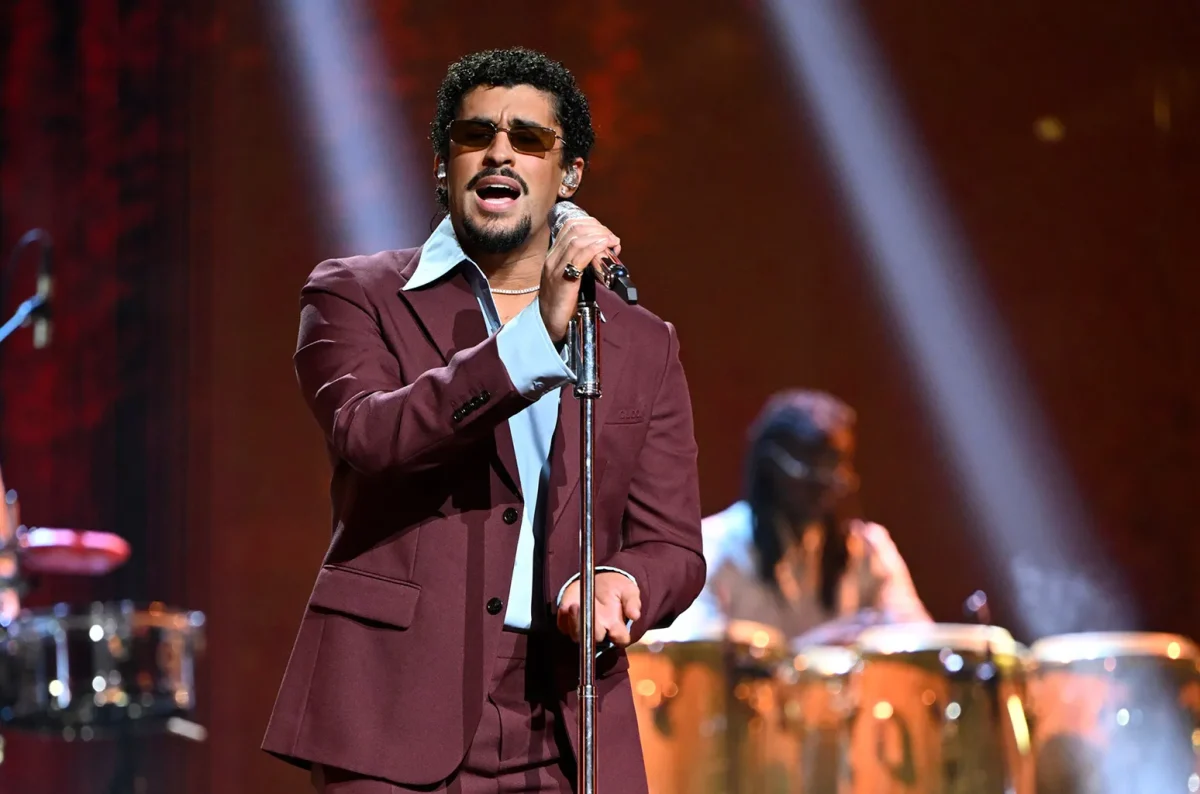
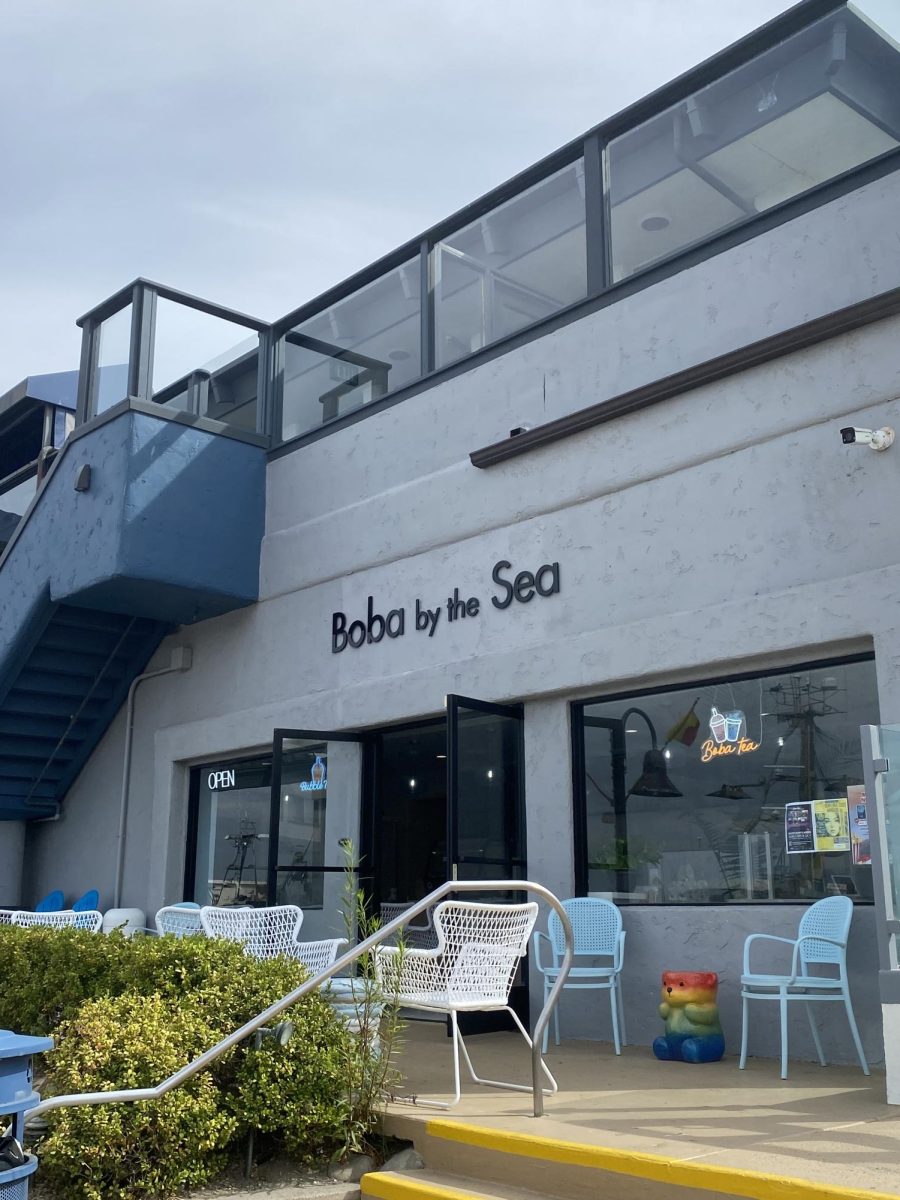
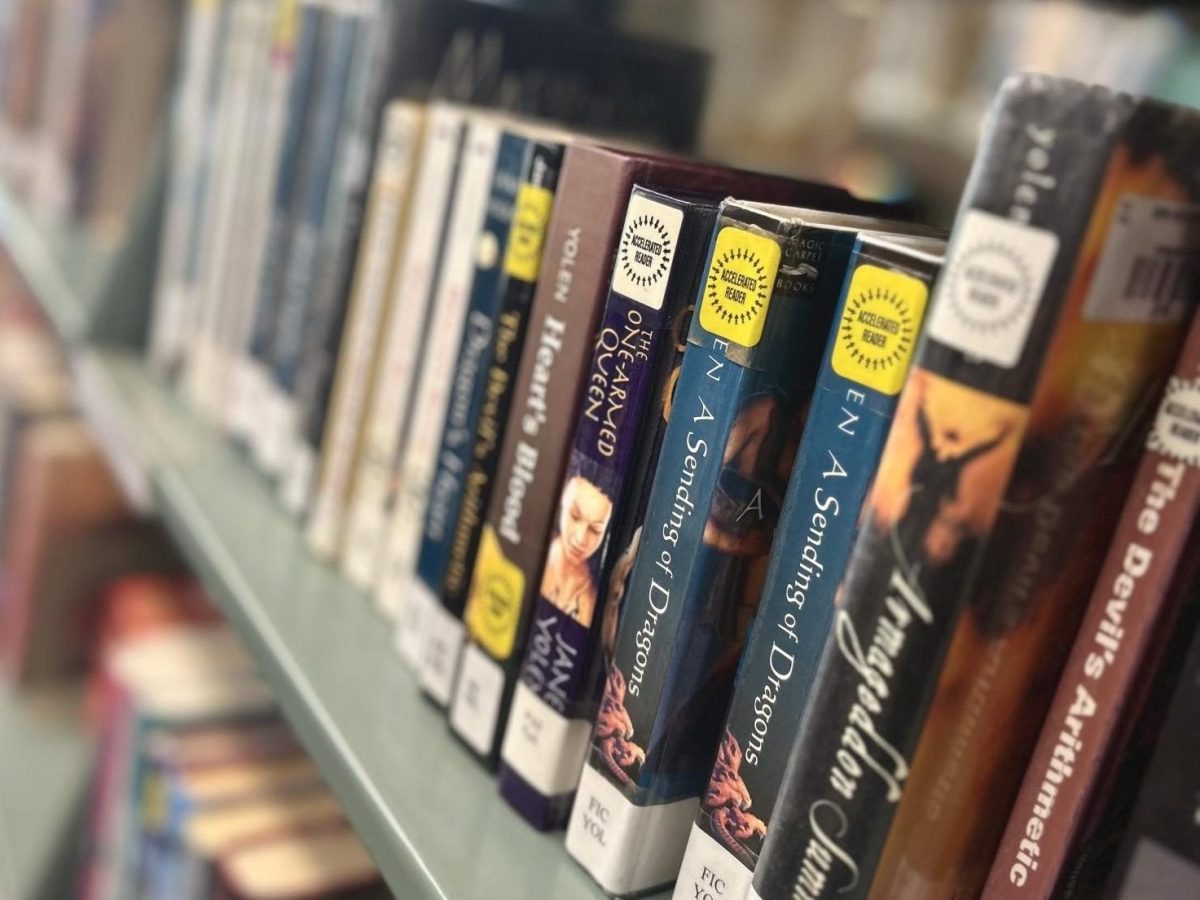

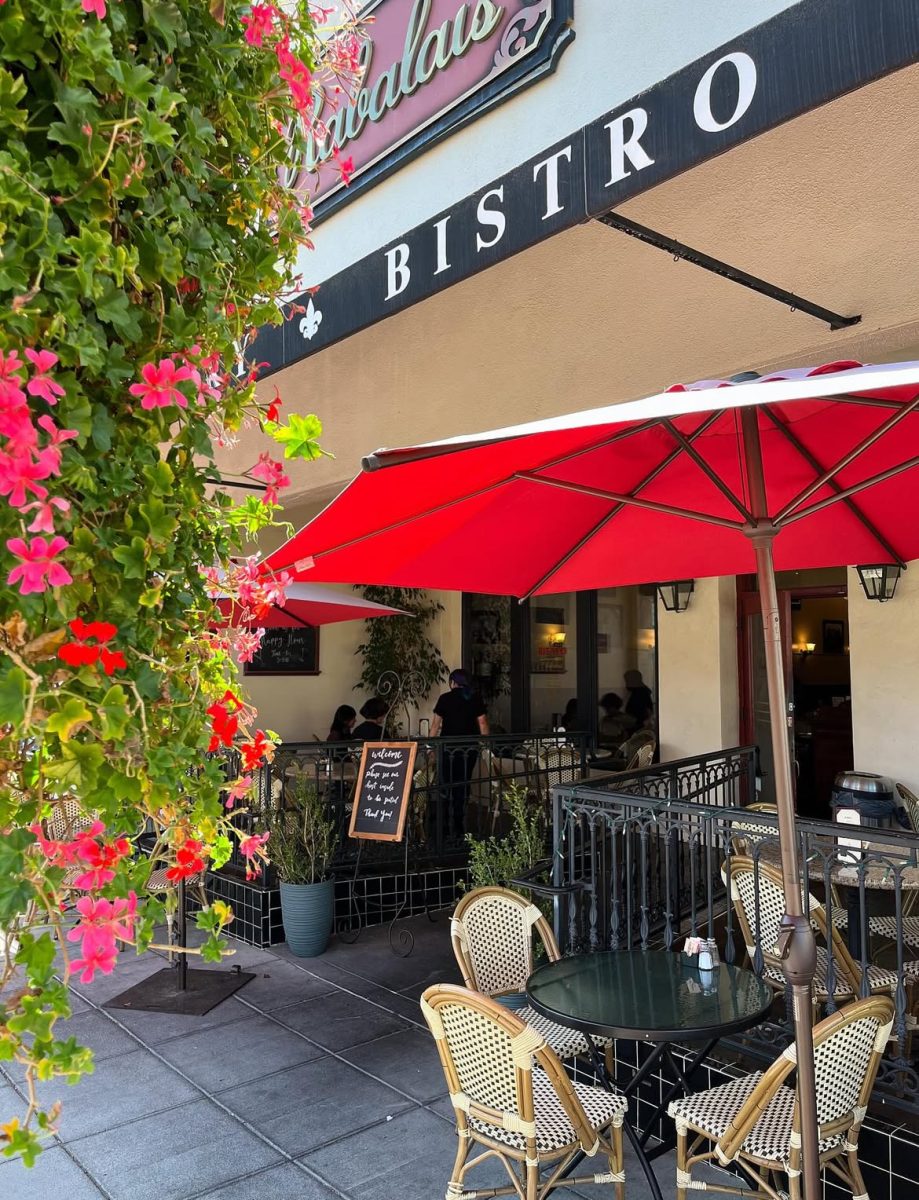

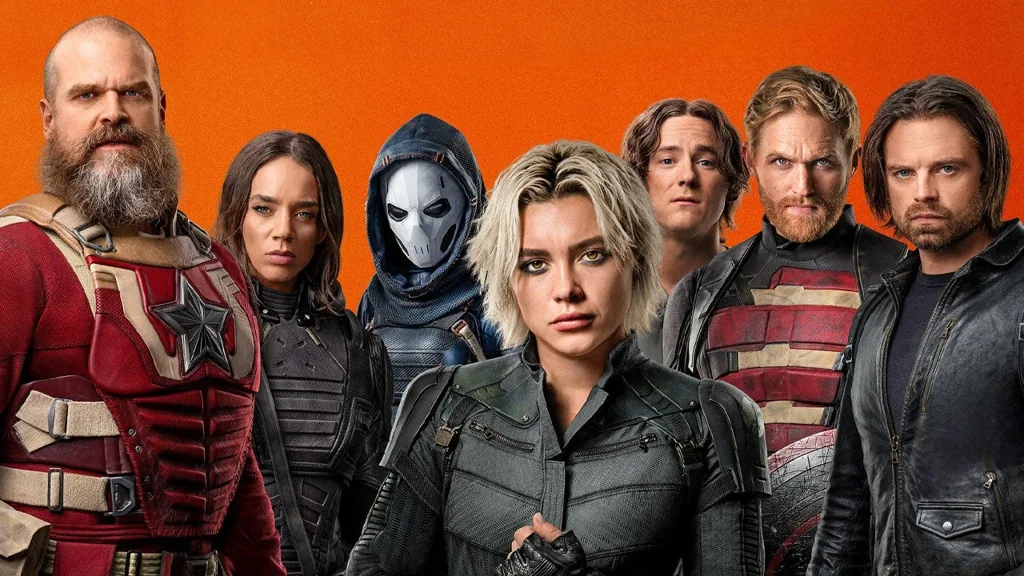

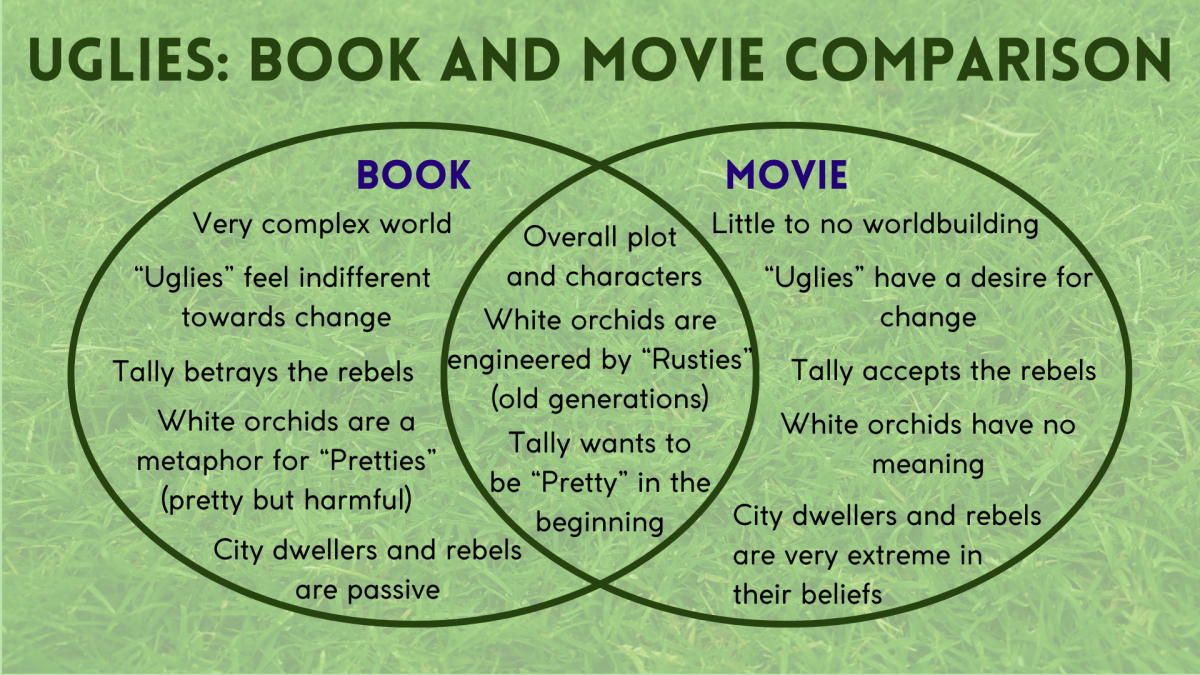
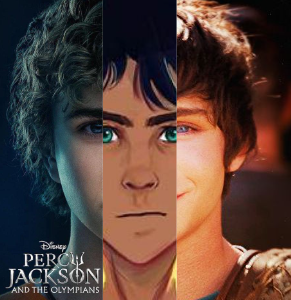

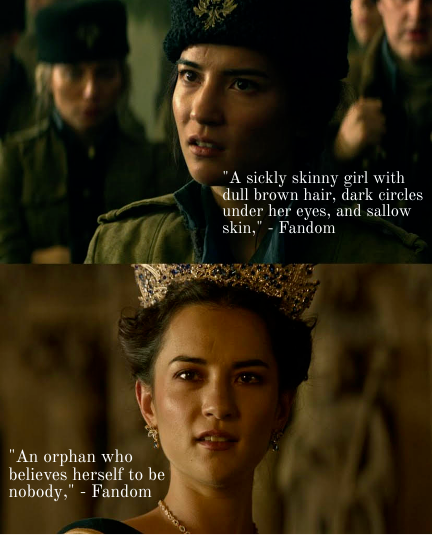
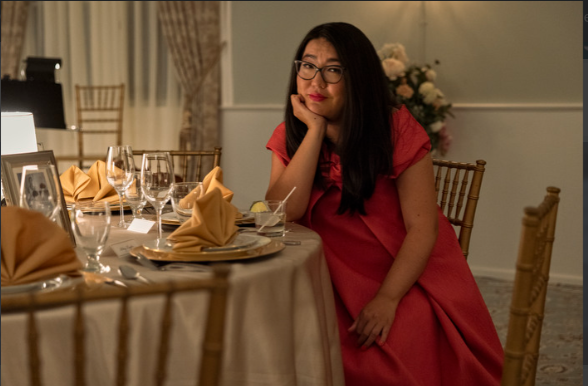


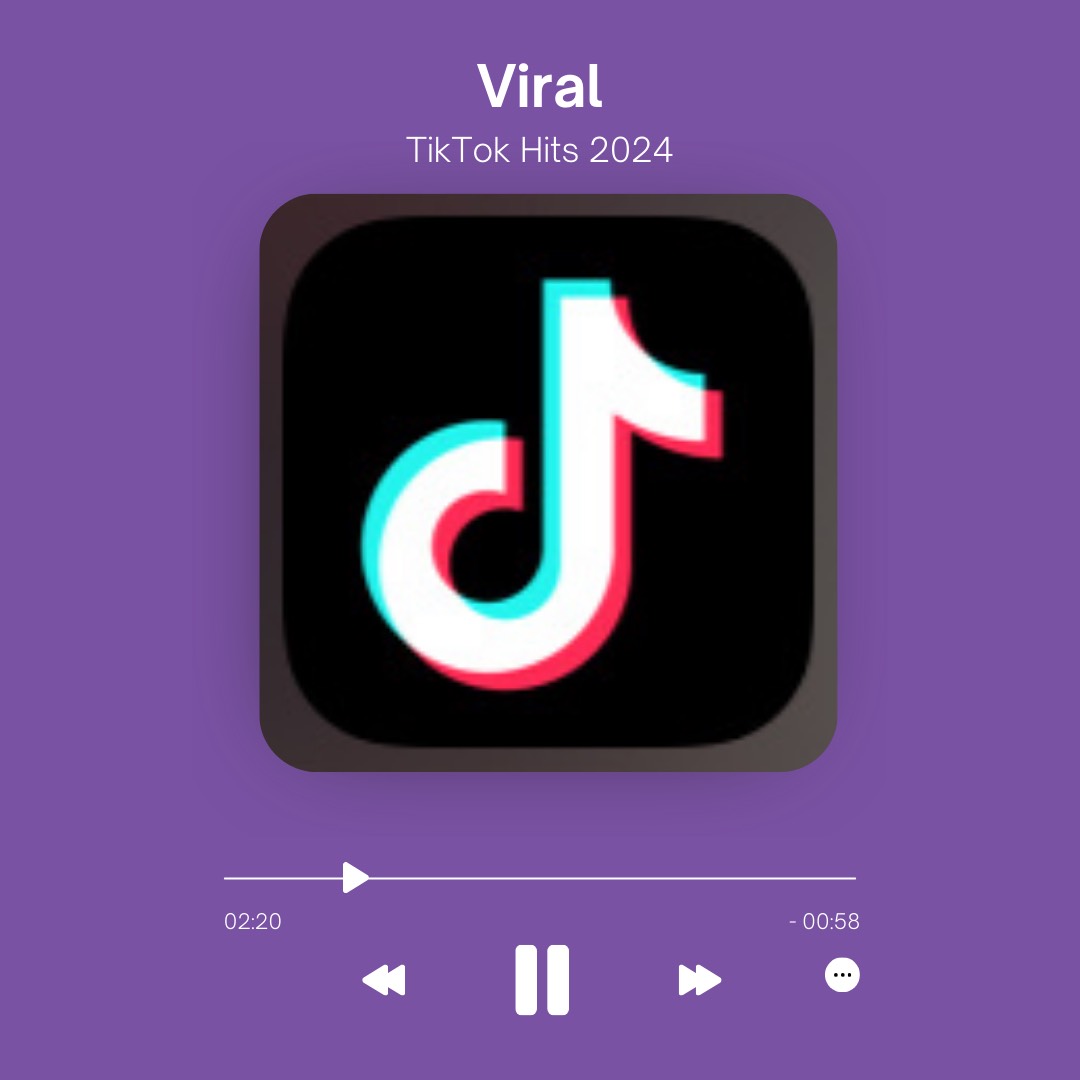

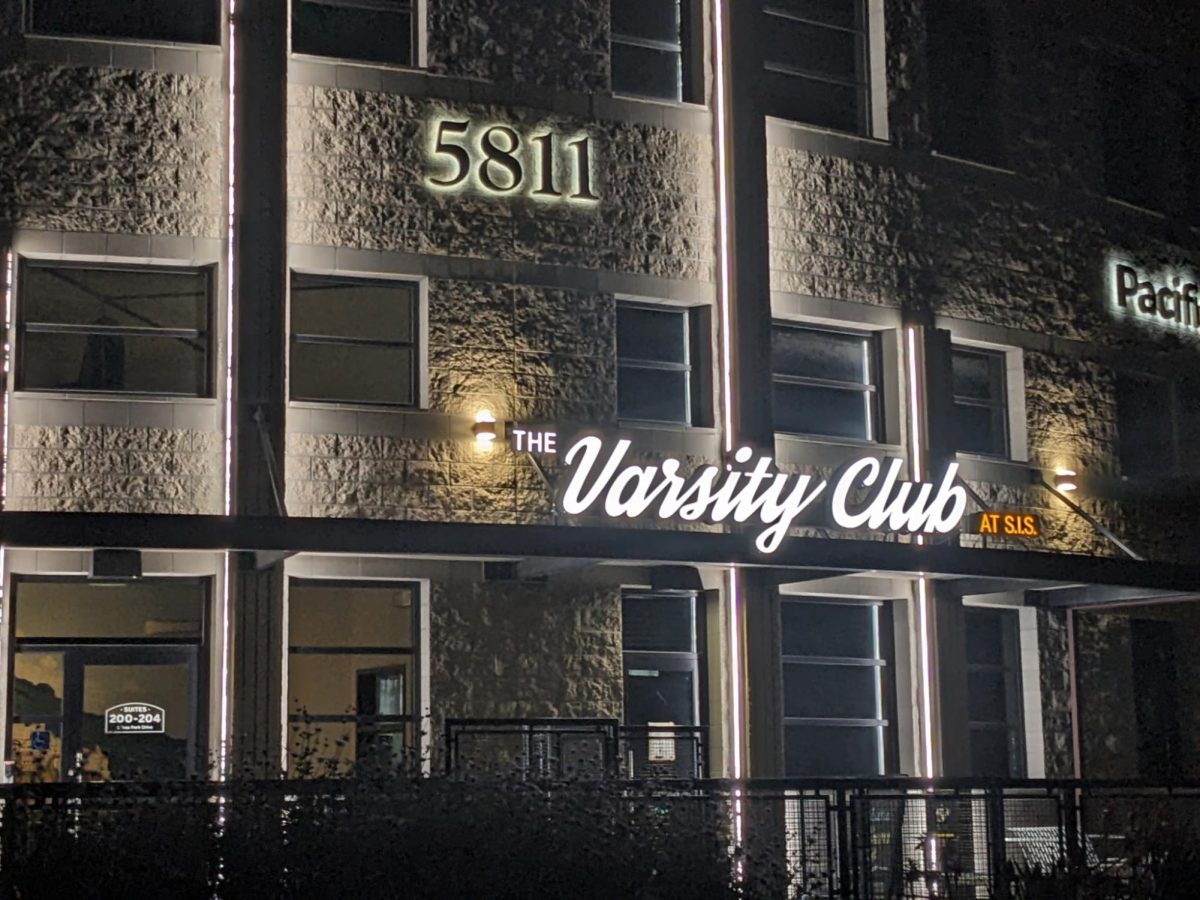


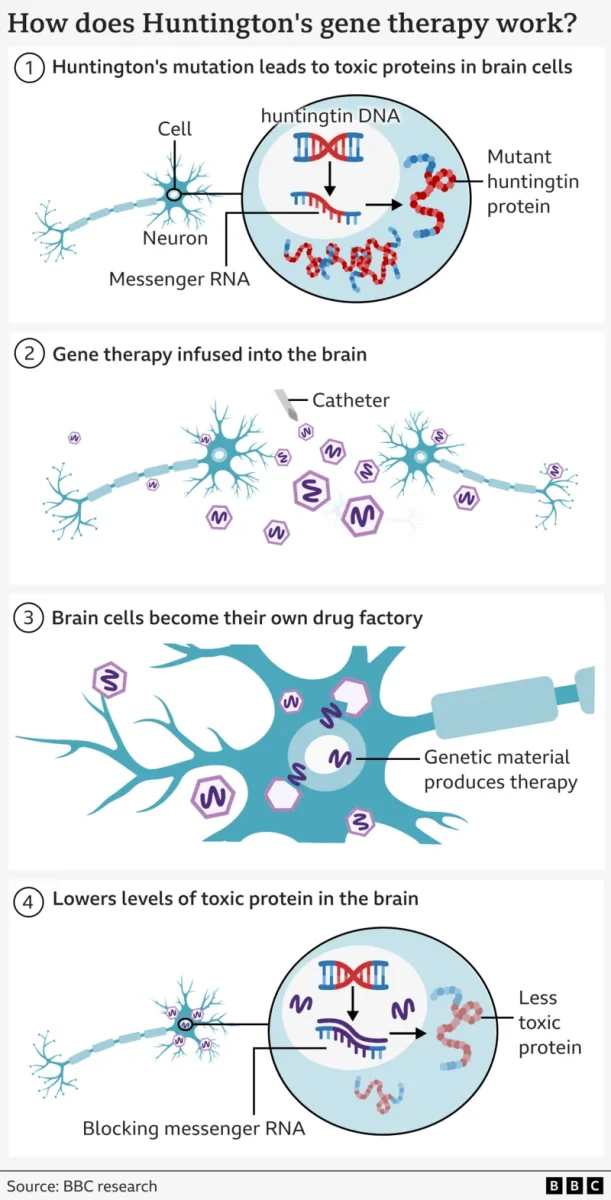
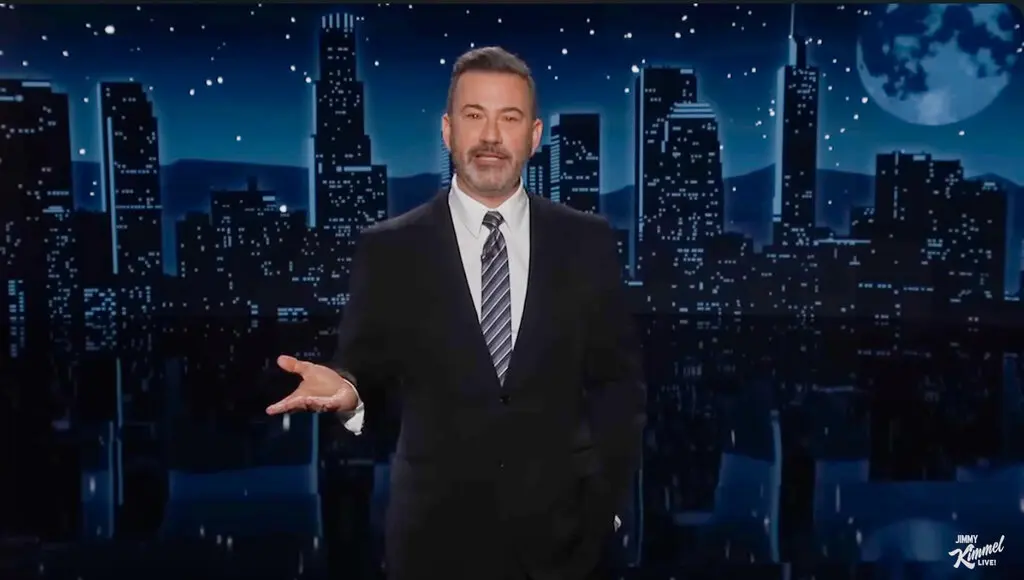

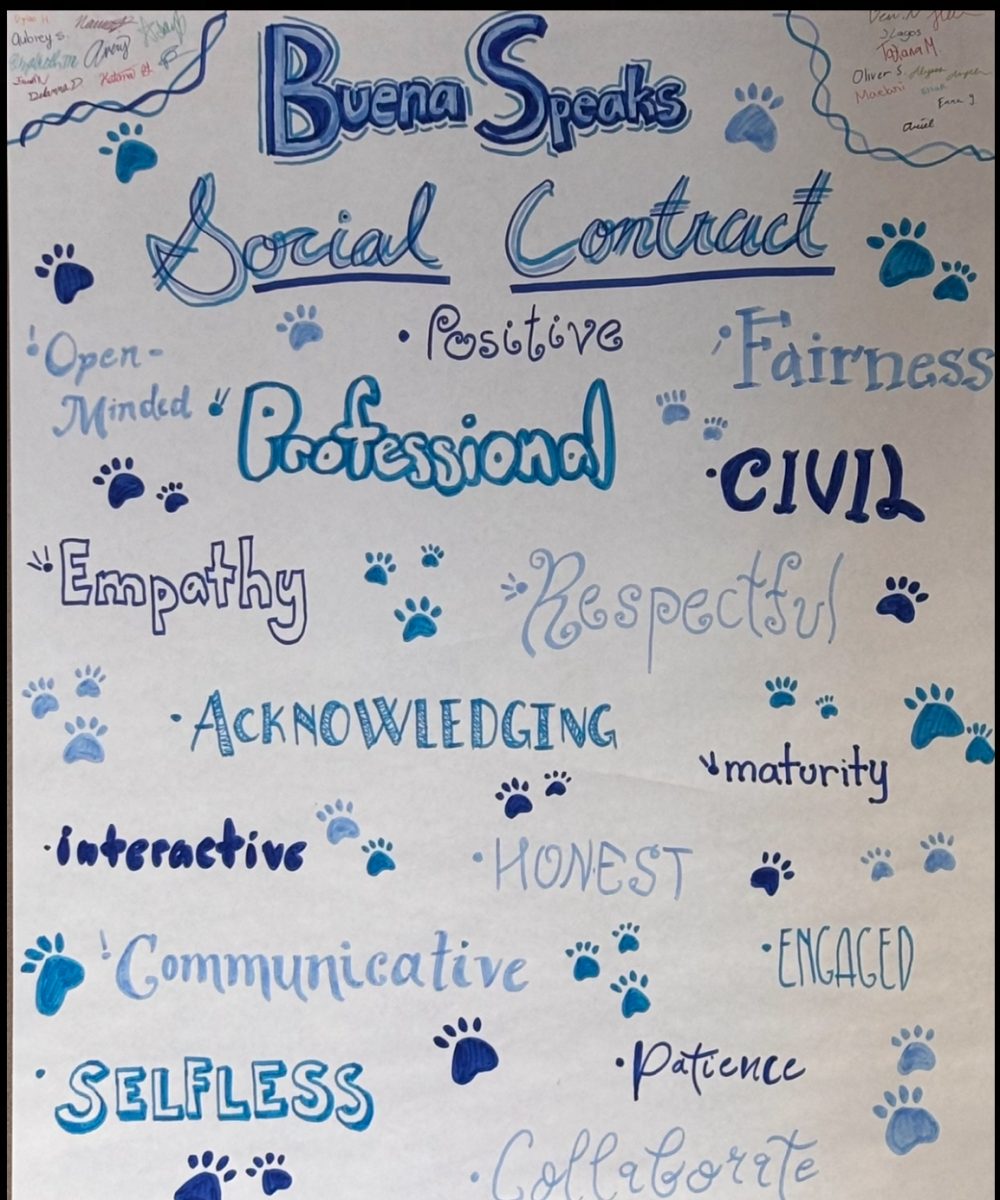
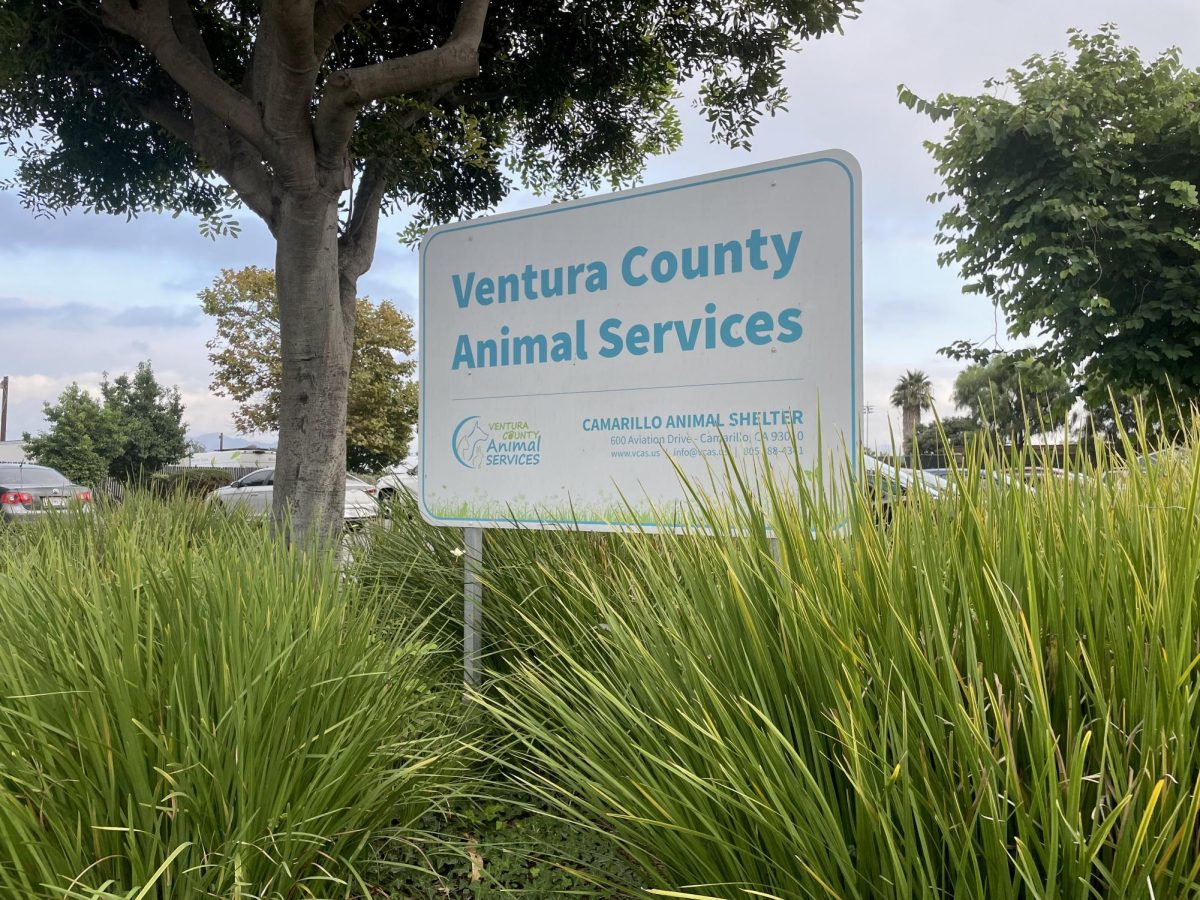
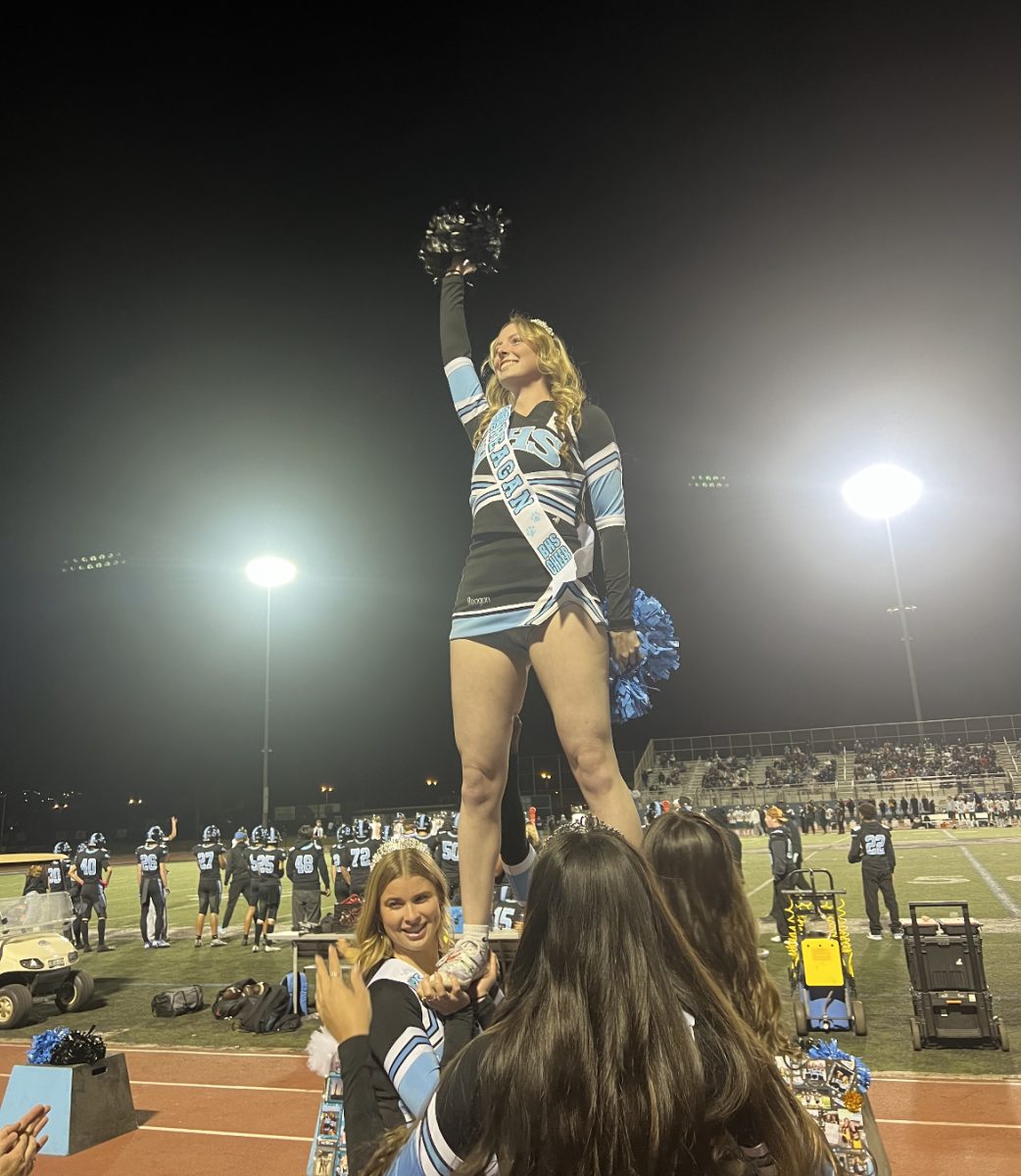
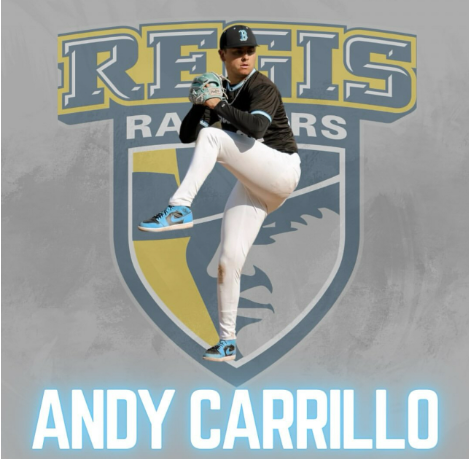
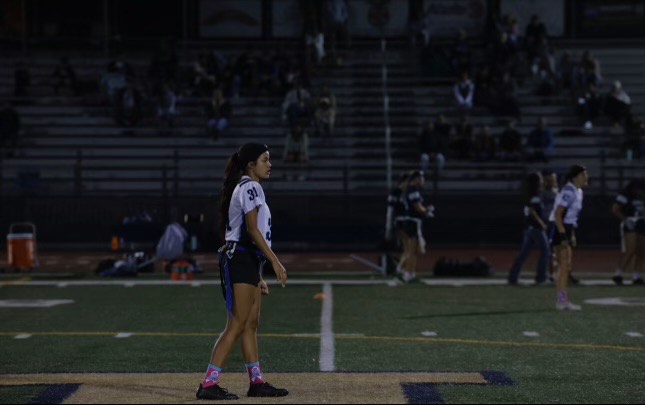
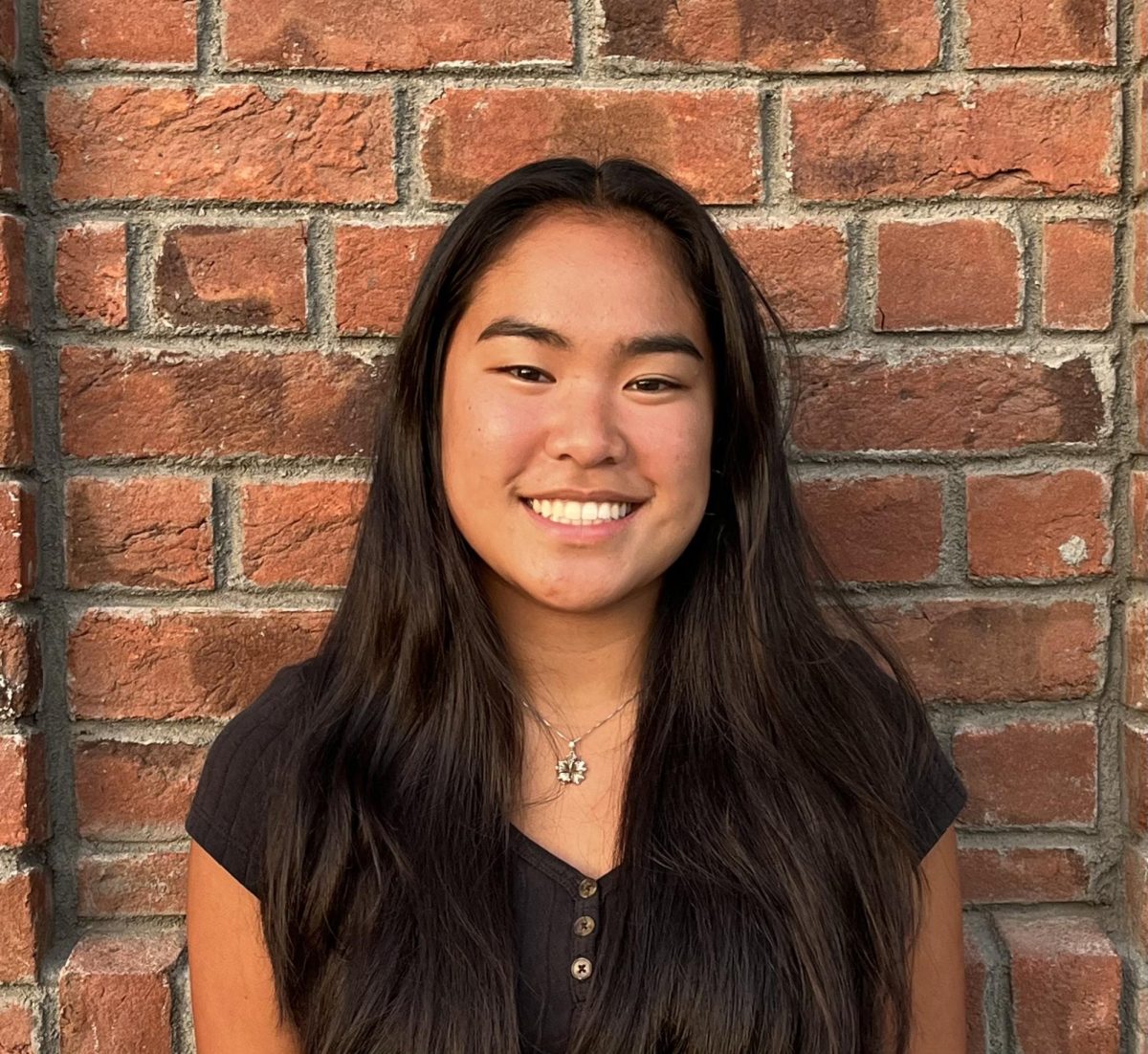
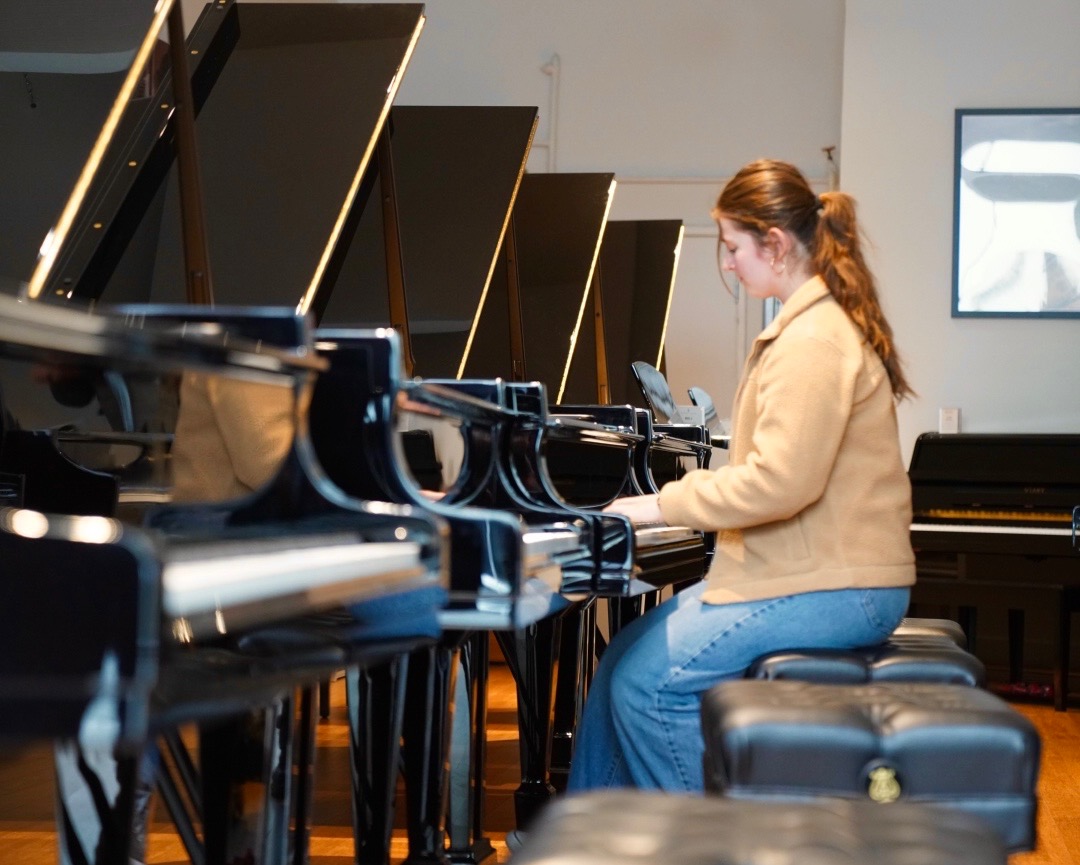



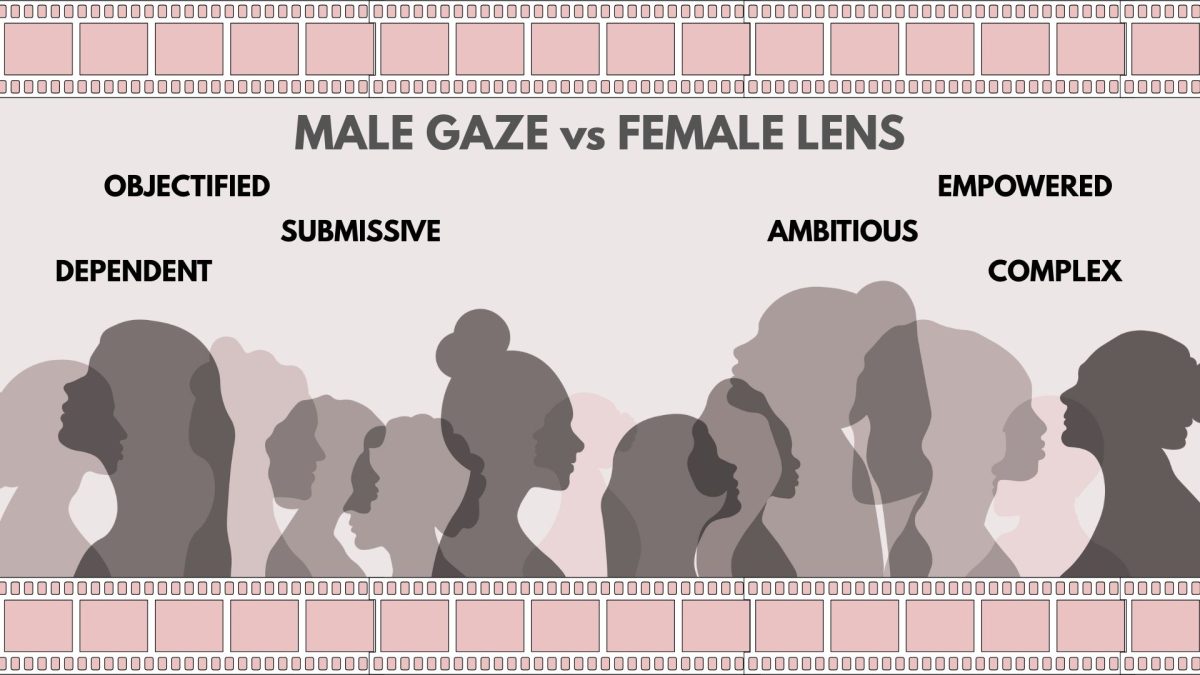
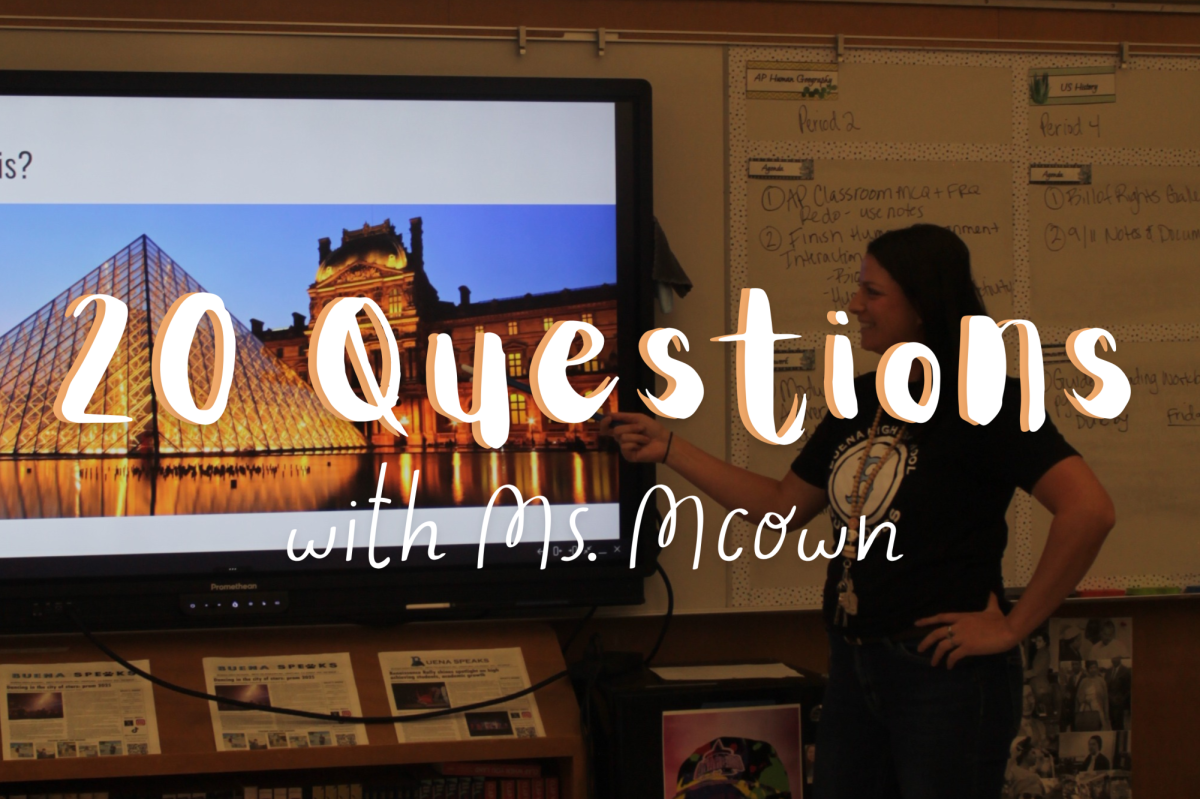

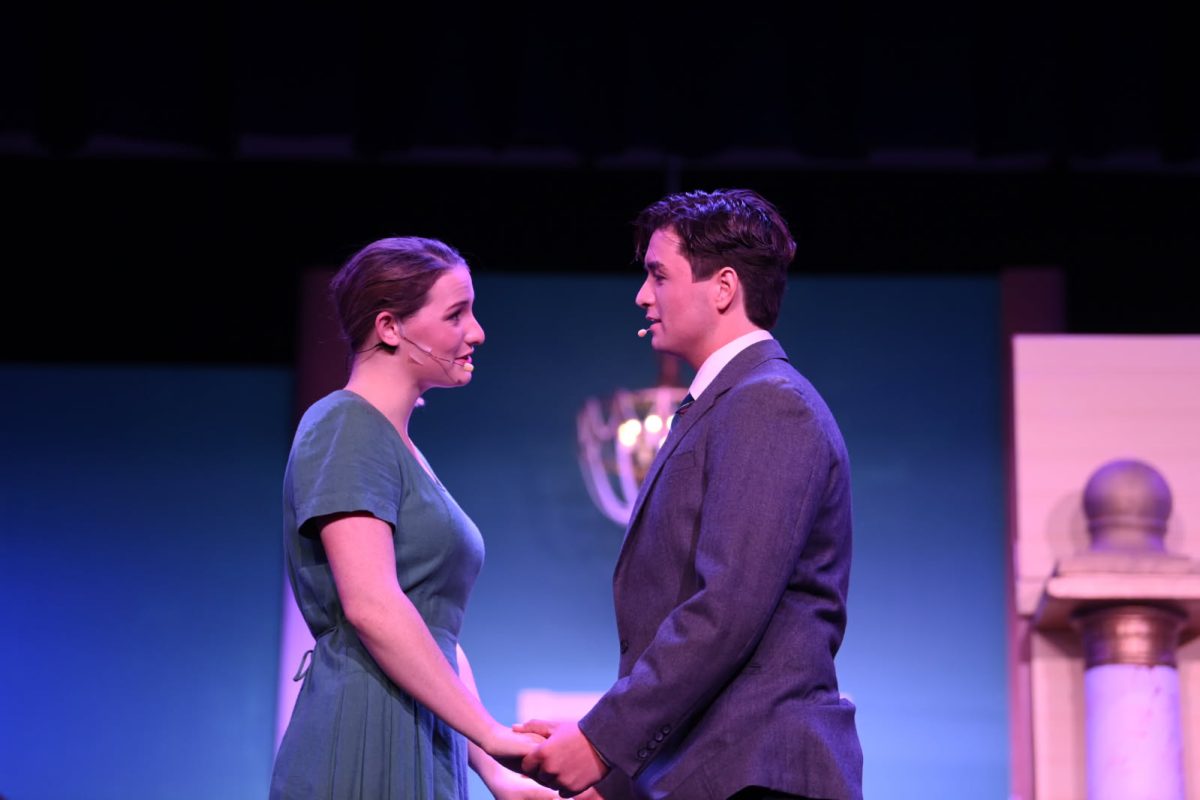
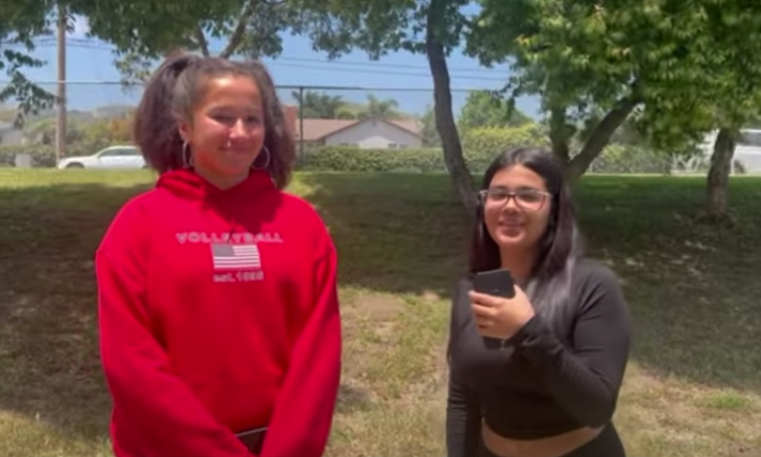
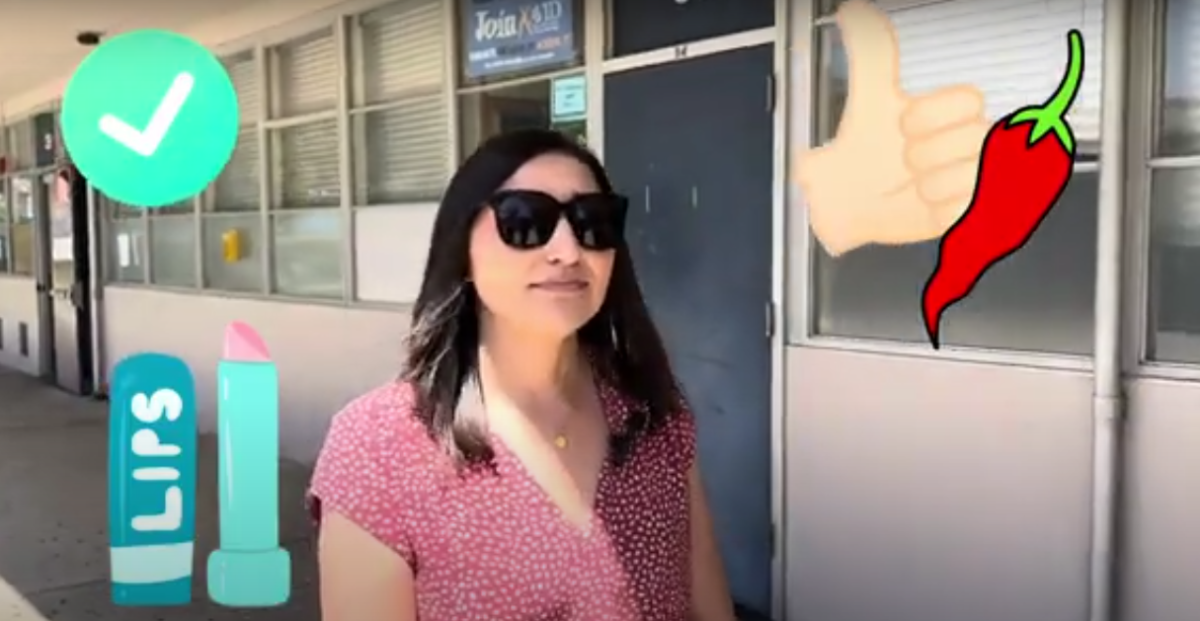
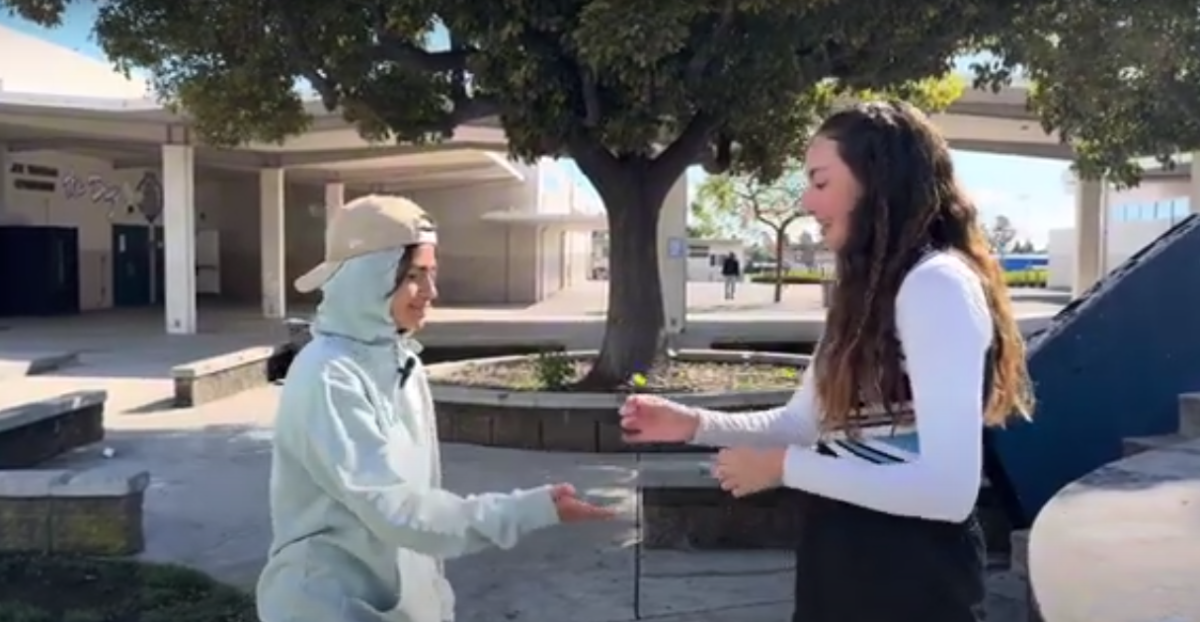
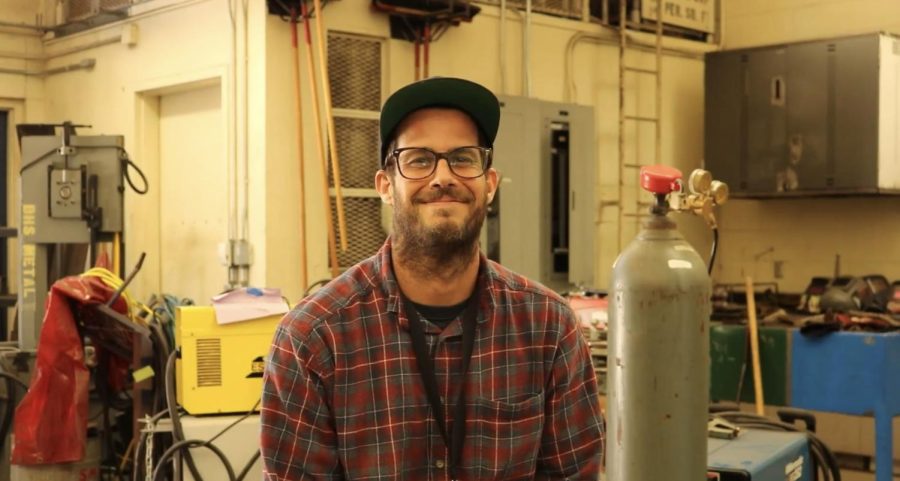
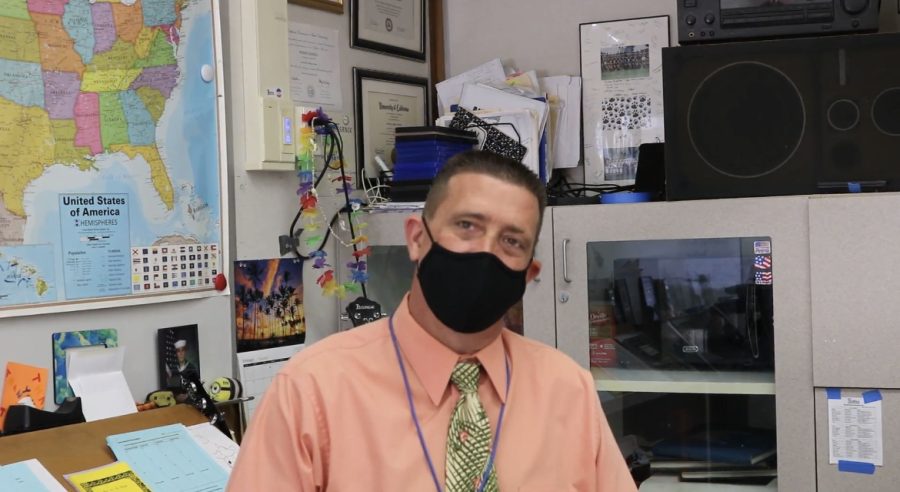
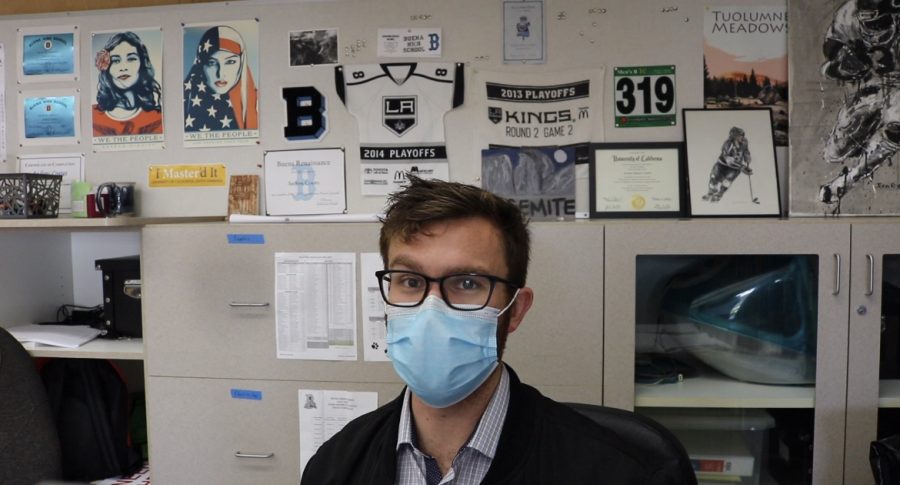
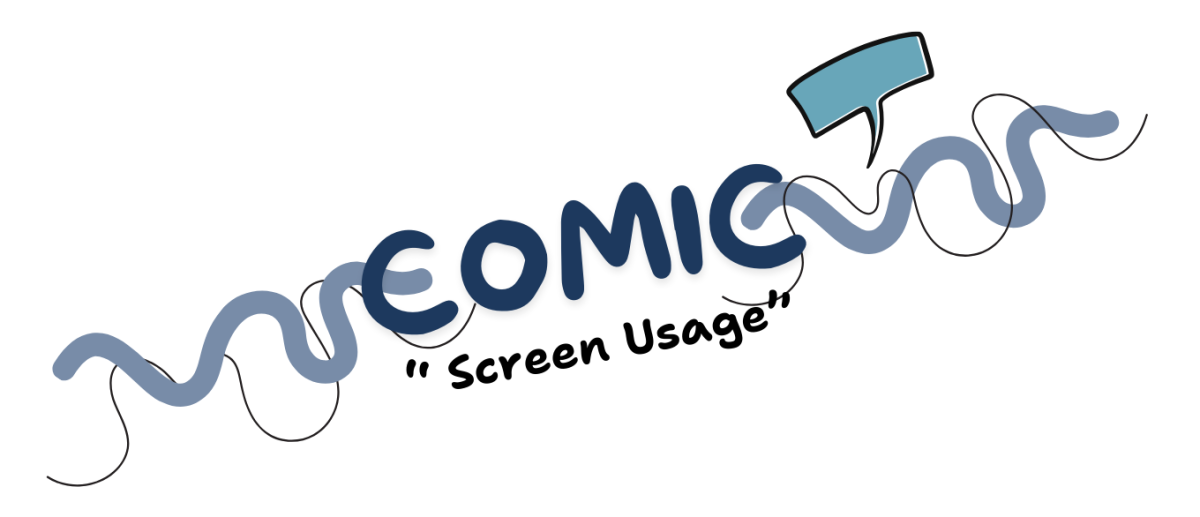
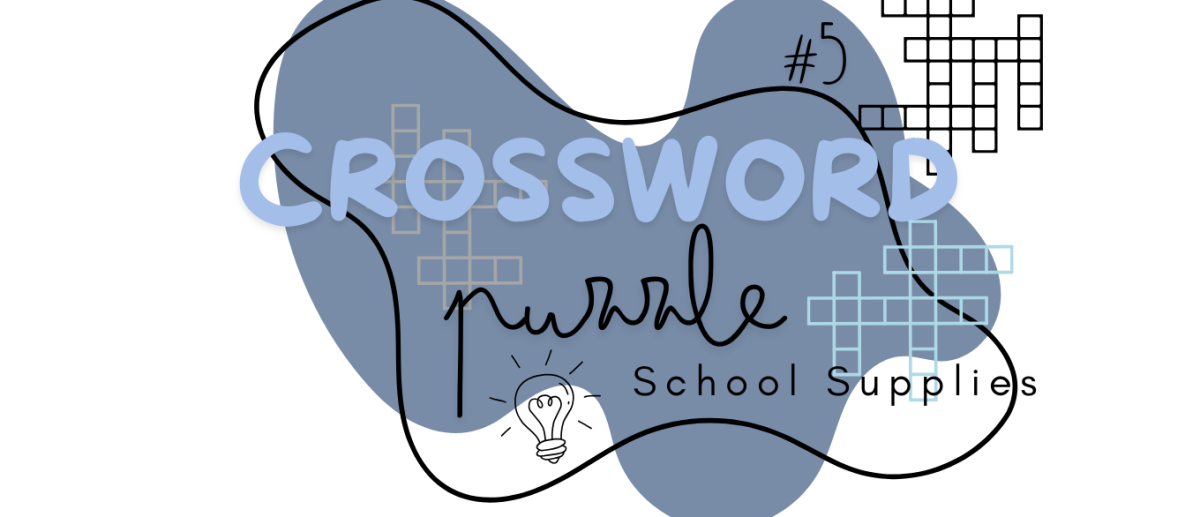
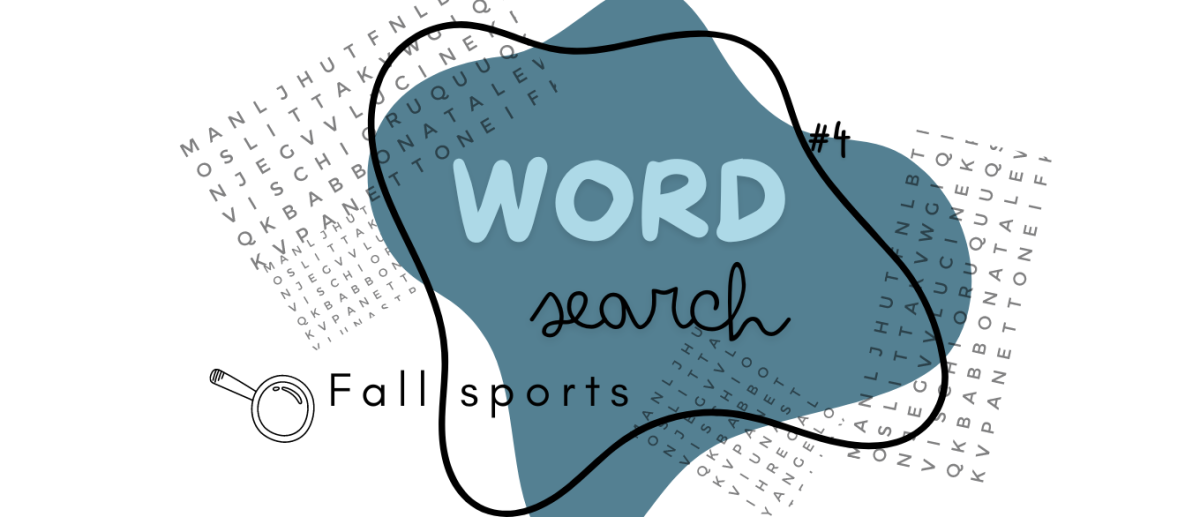
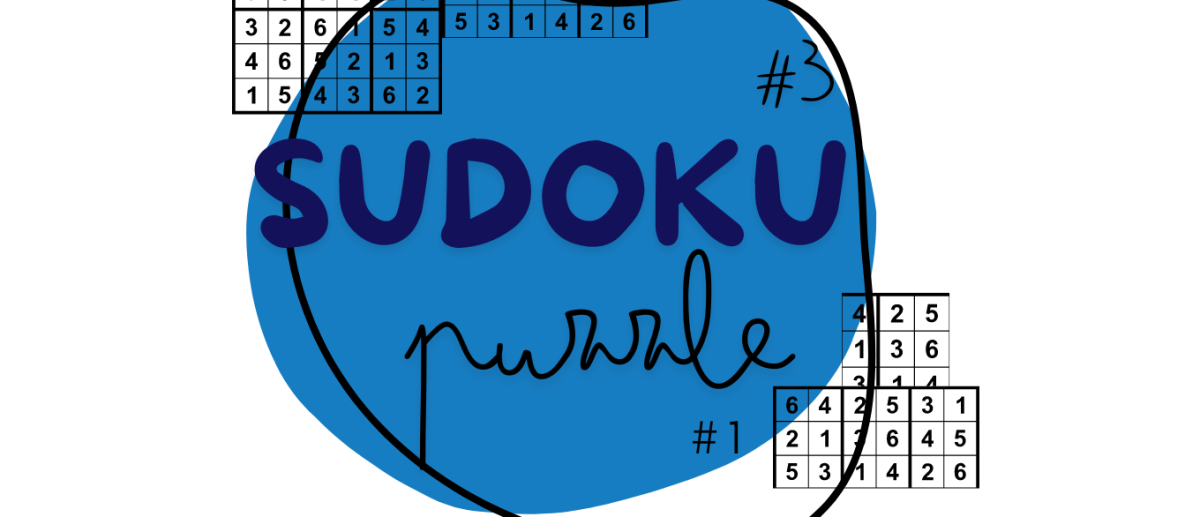
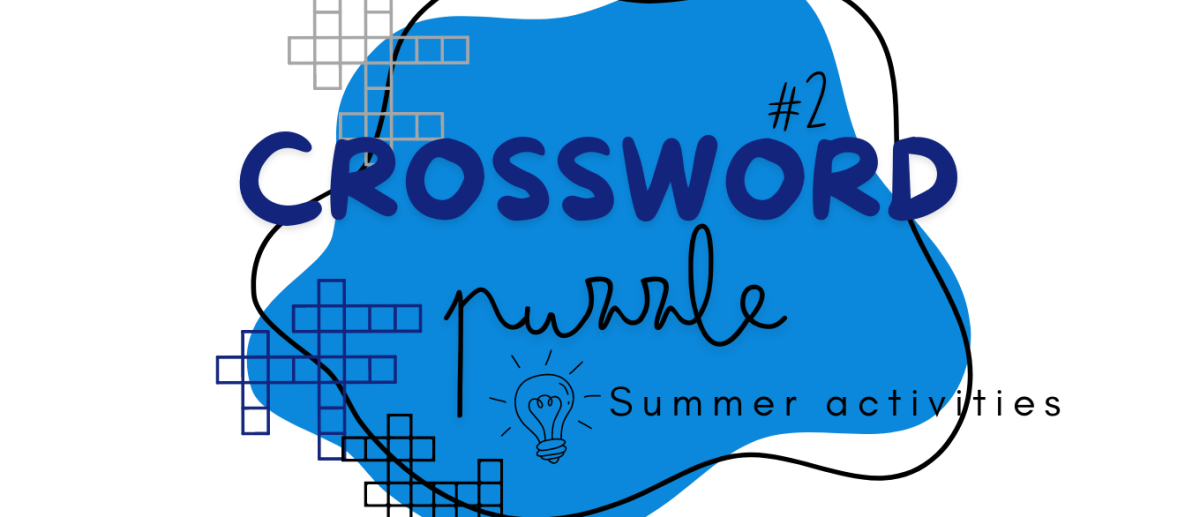


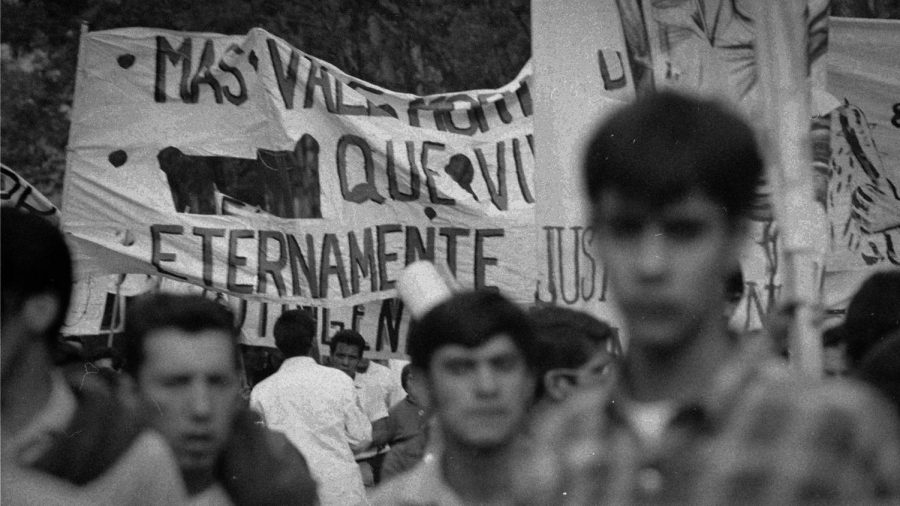
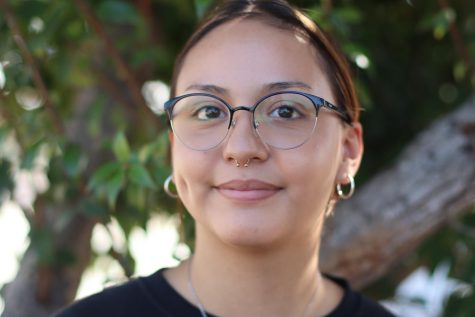
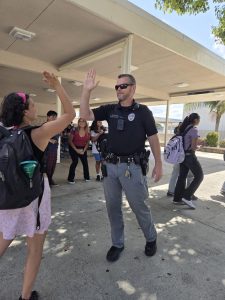

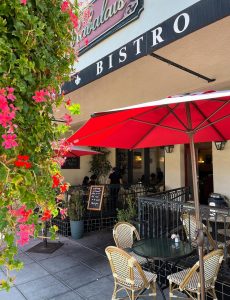

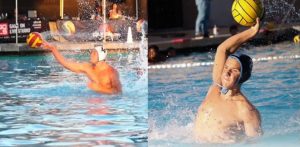
JFK • Mar 25, 2023 at 7:02 pm
Noice